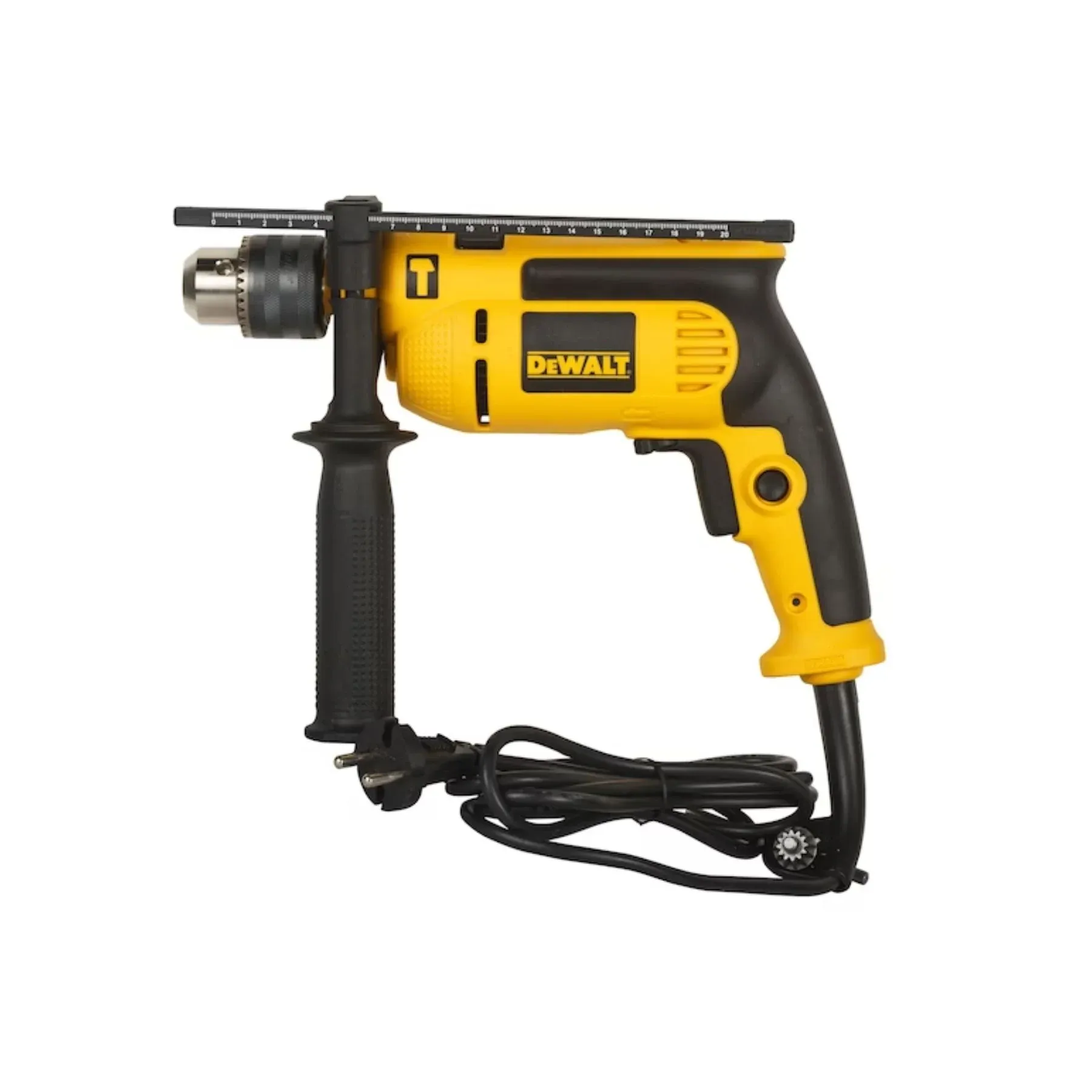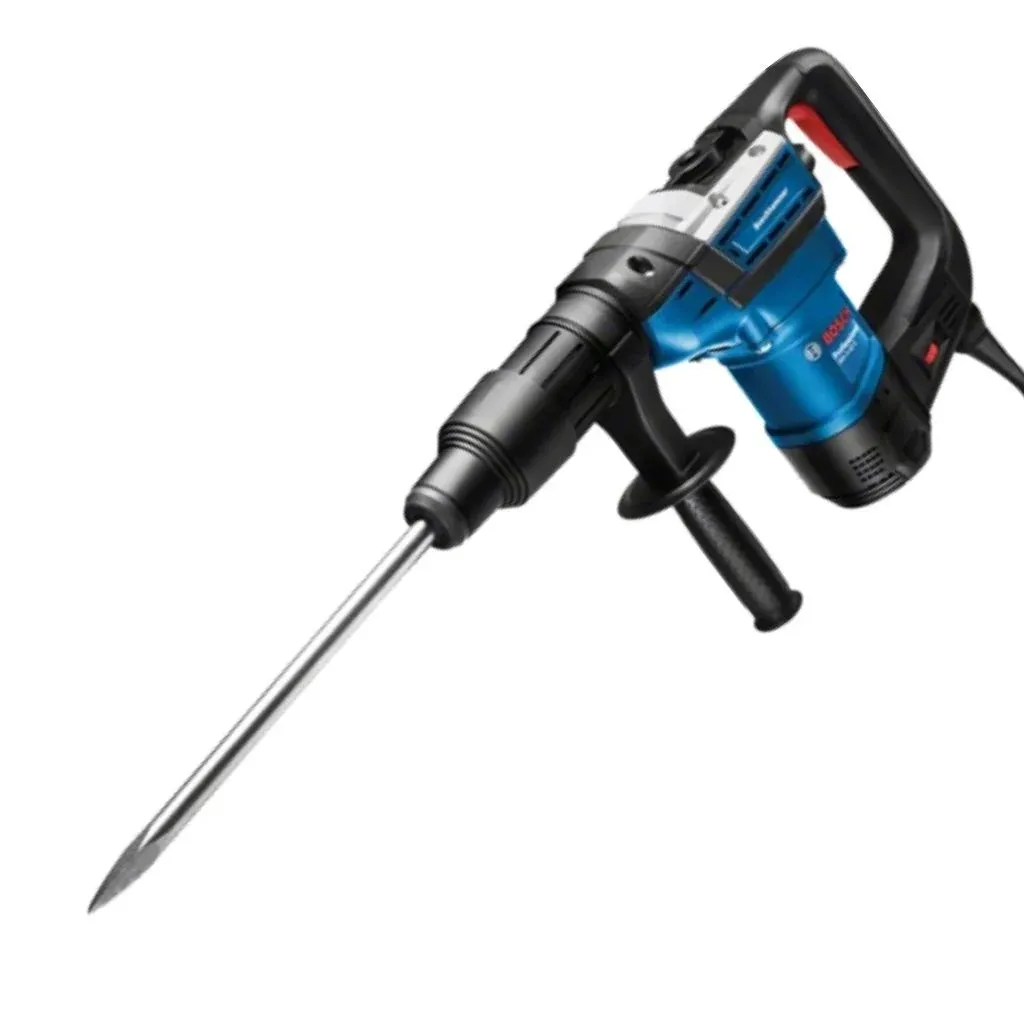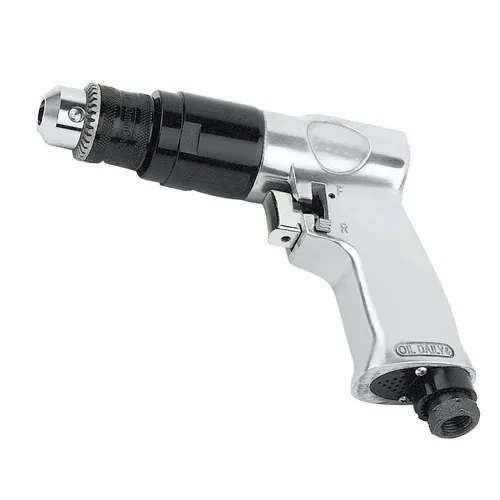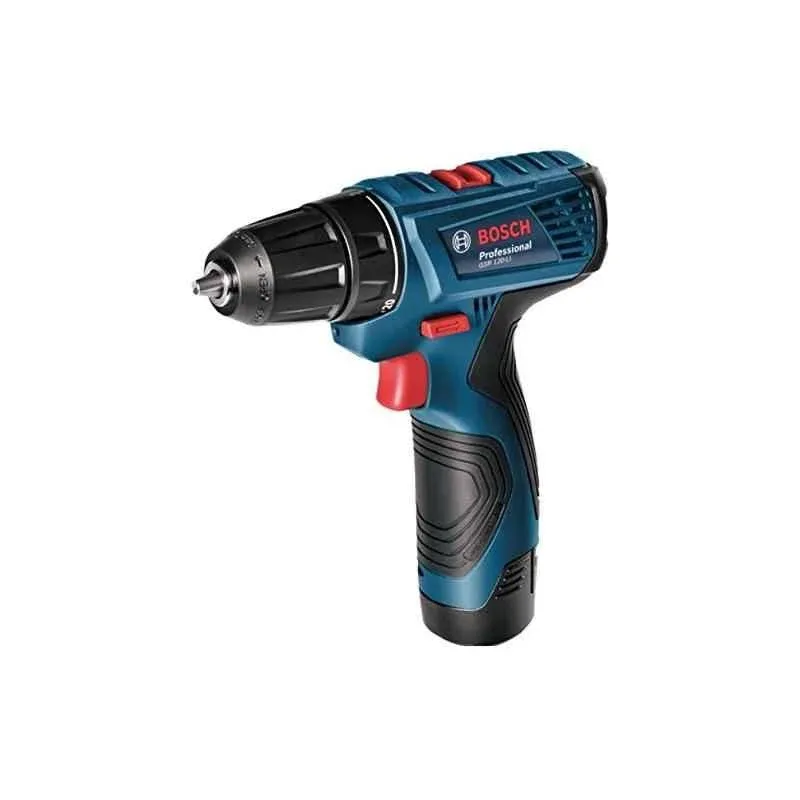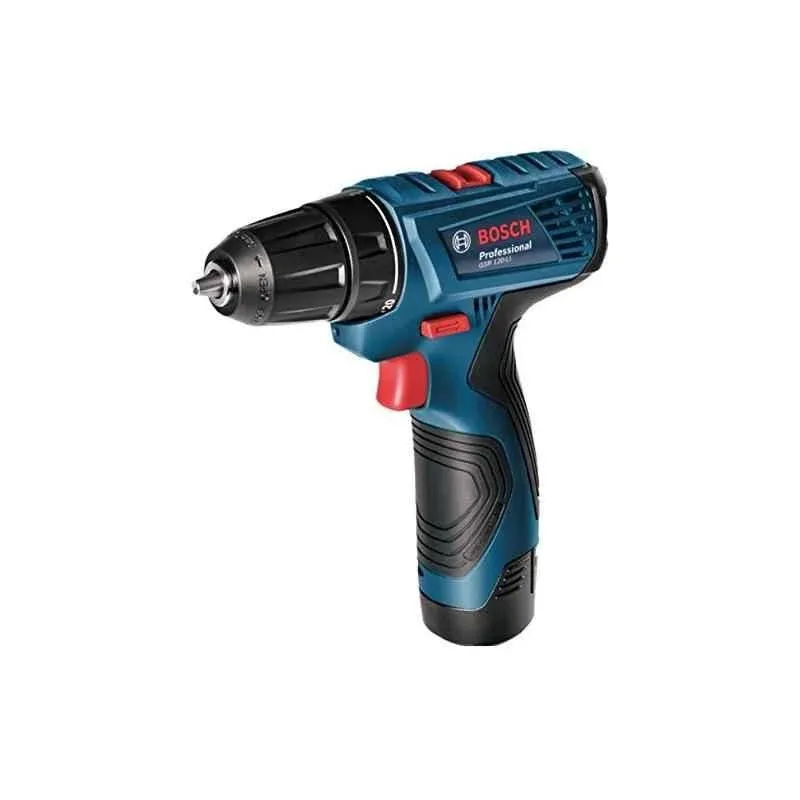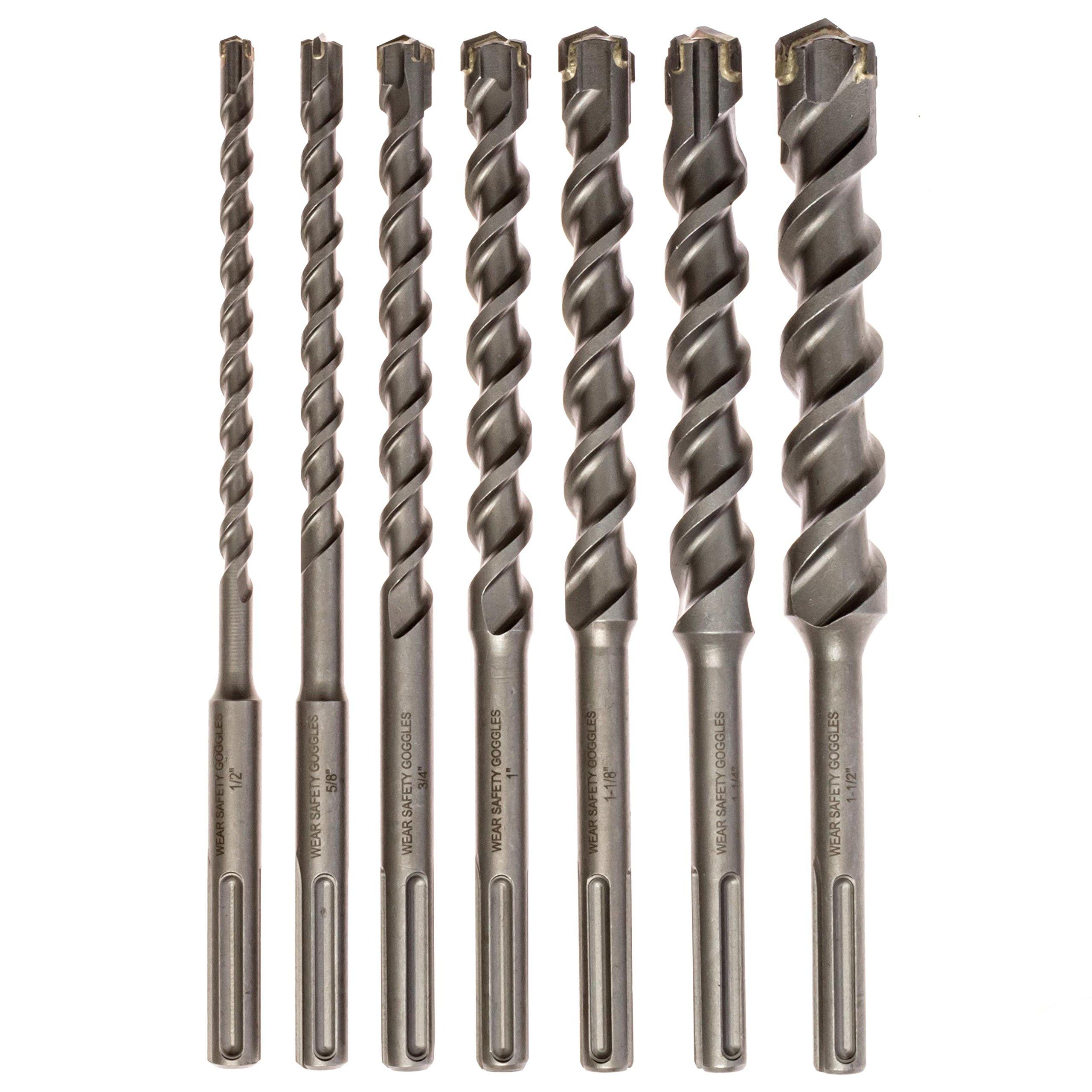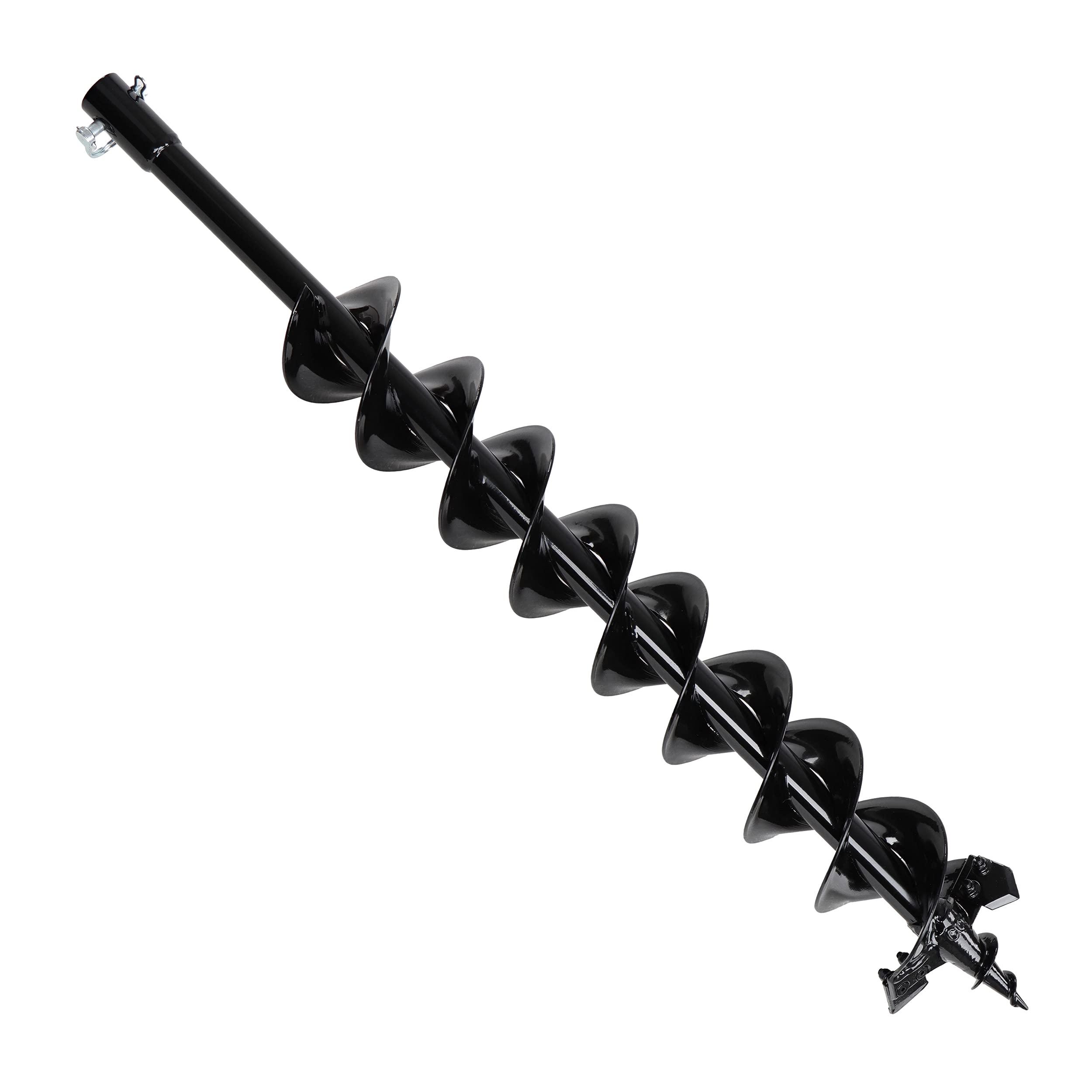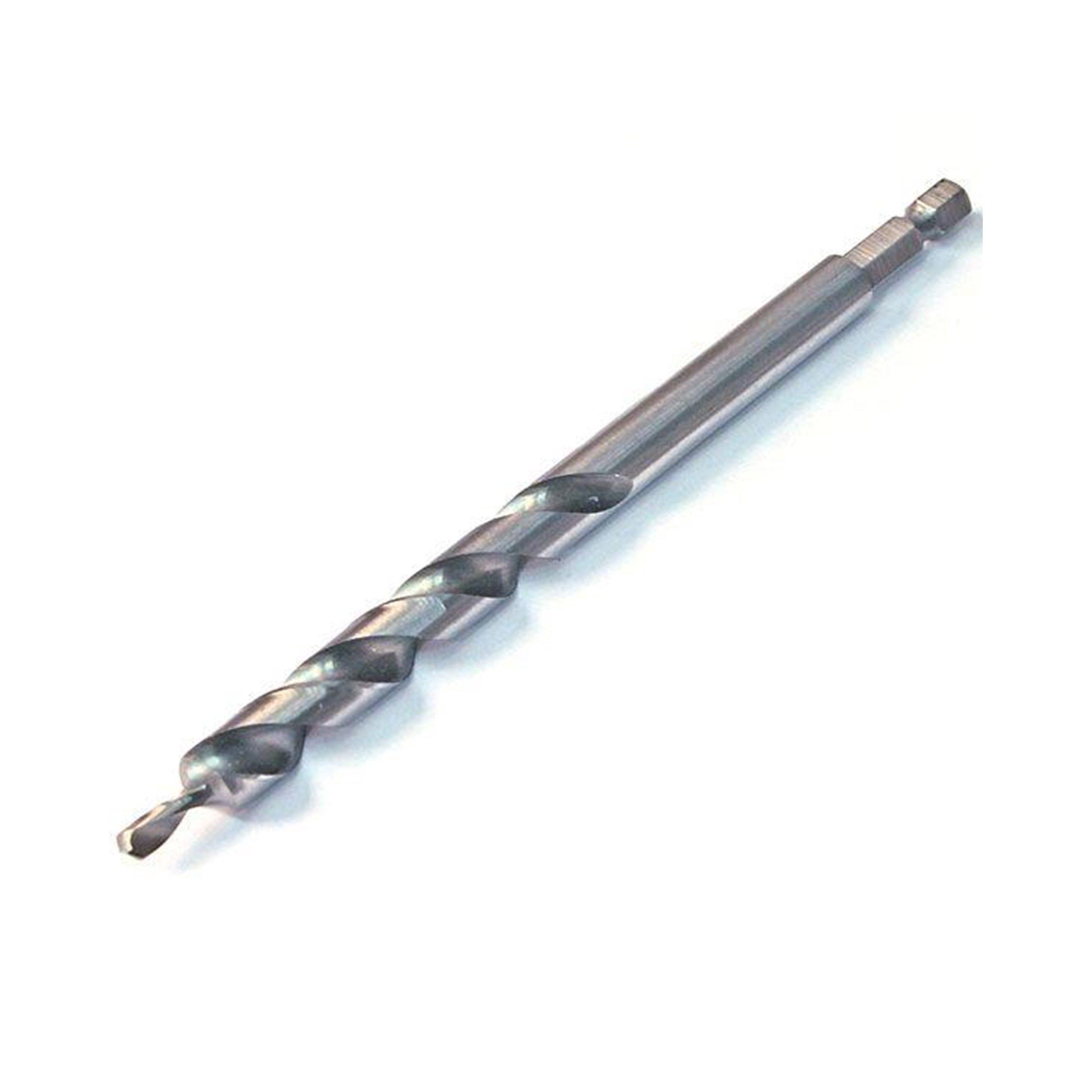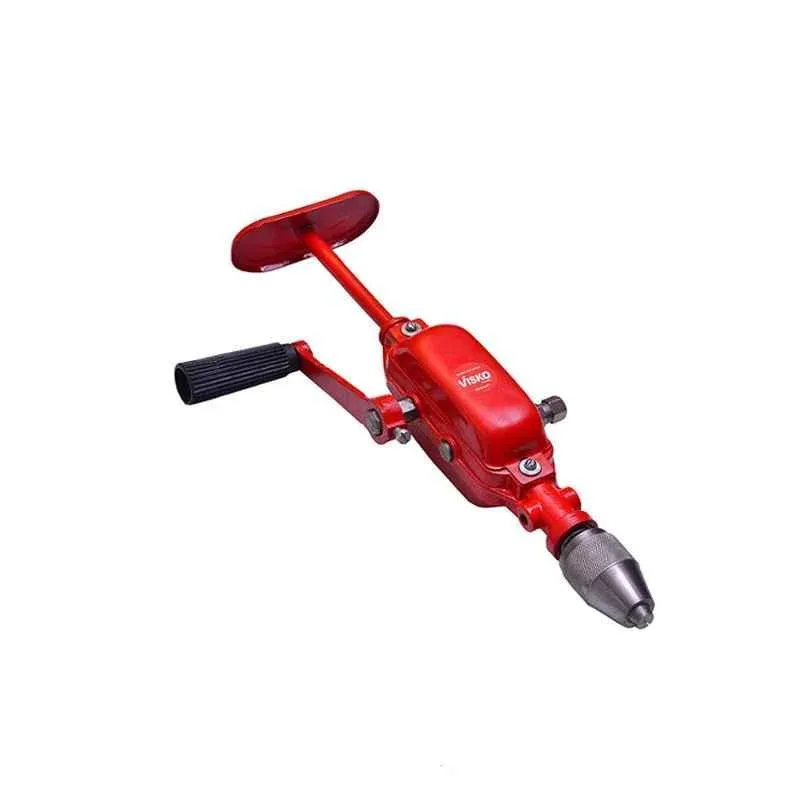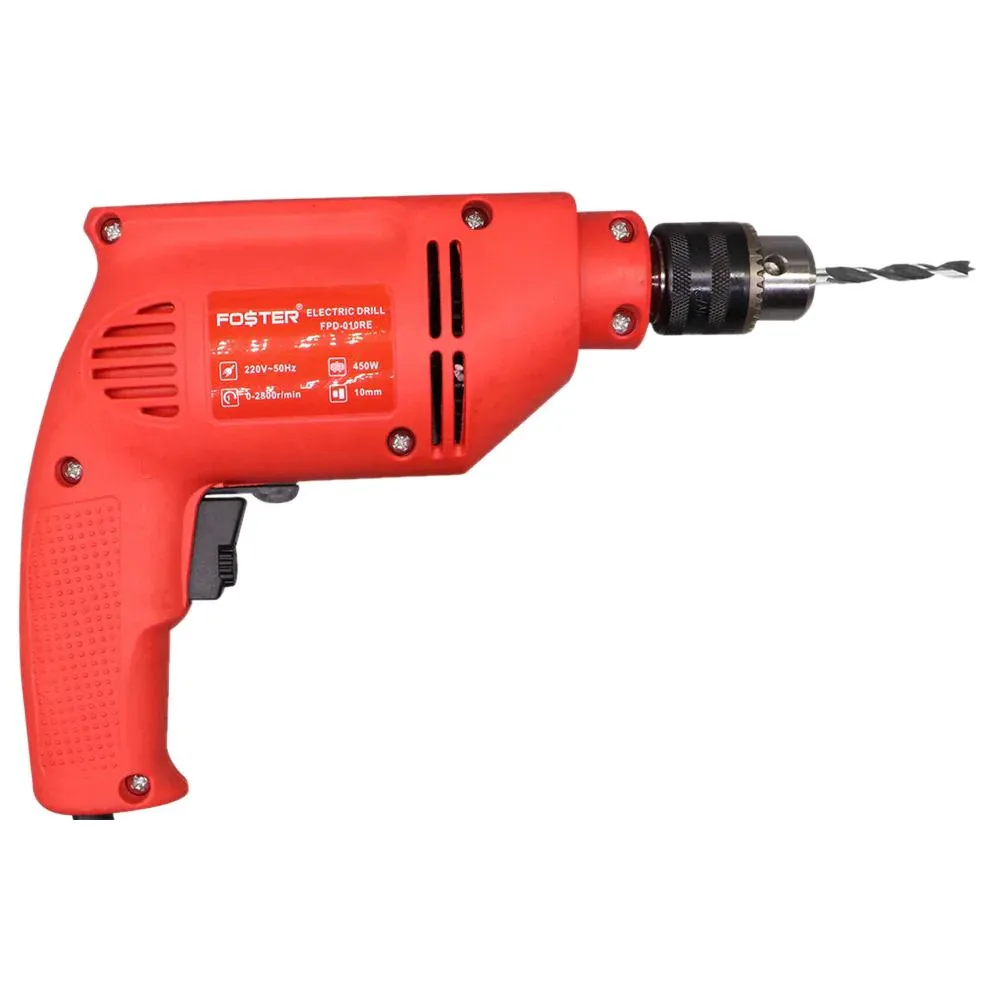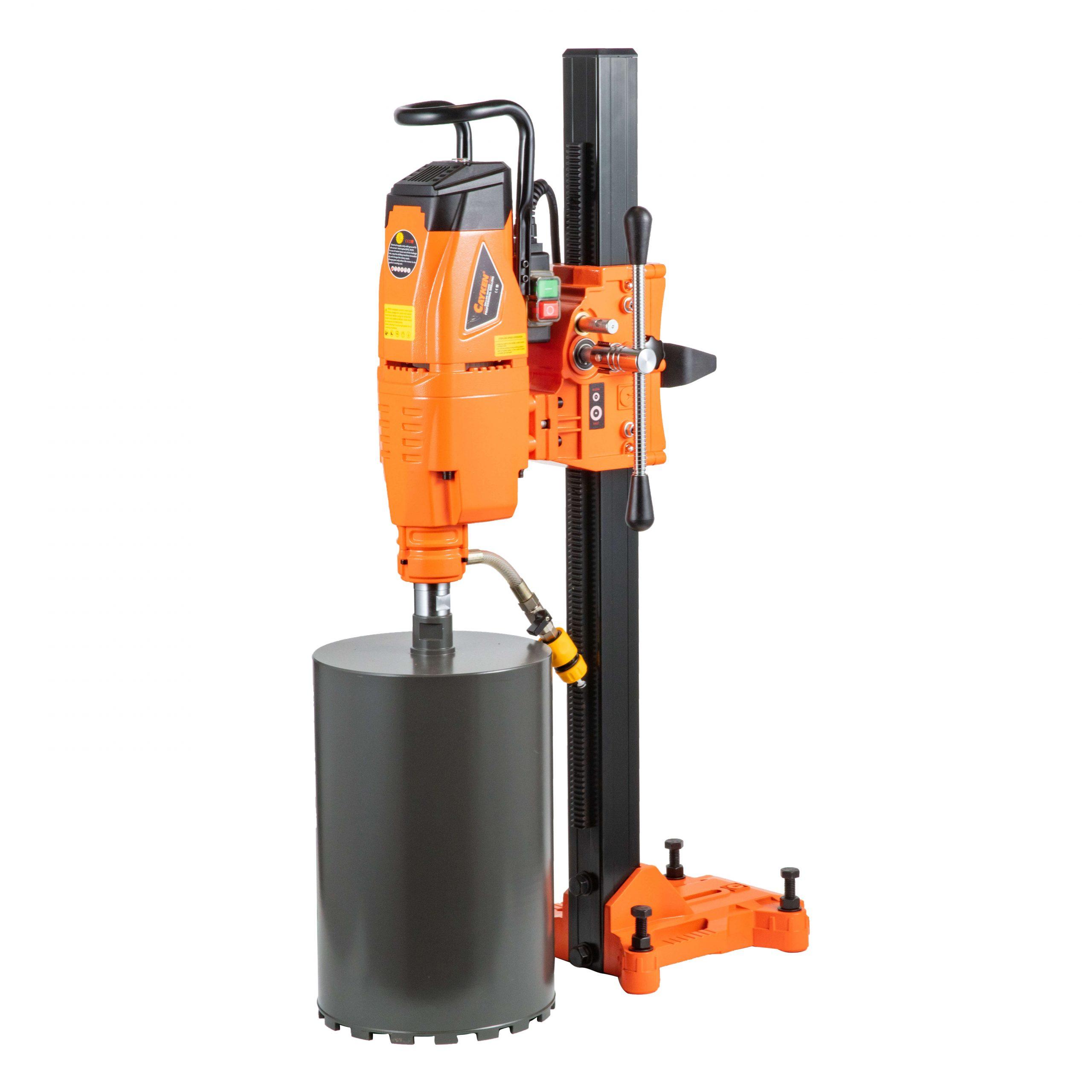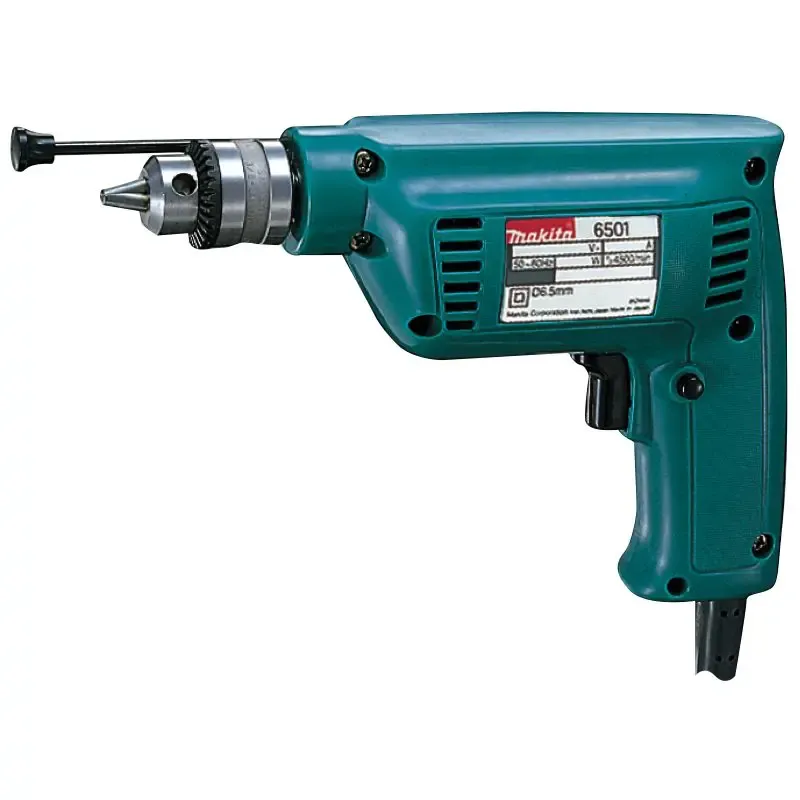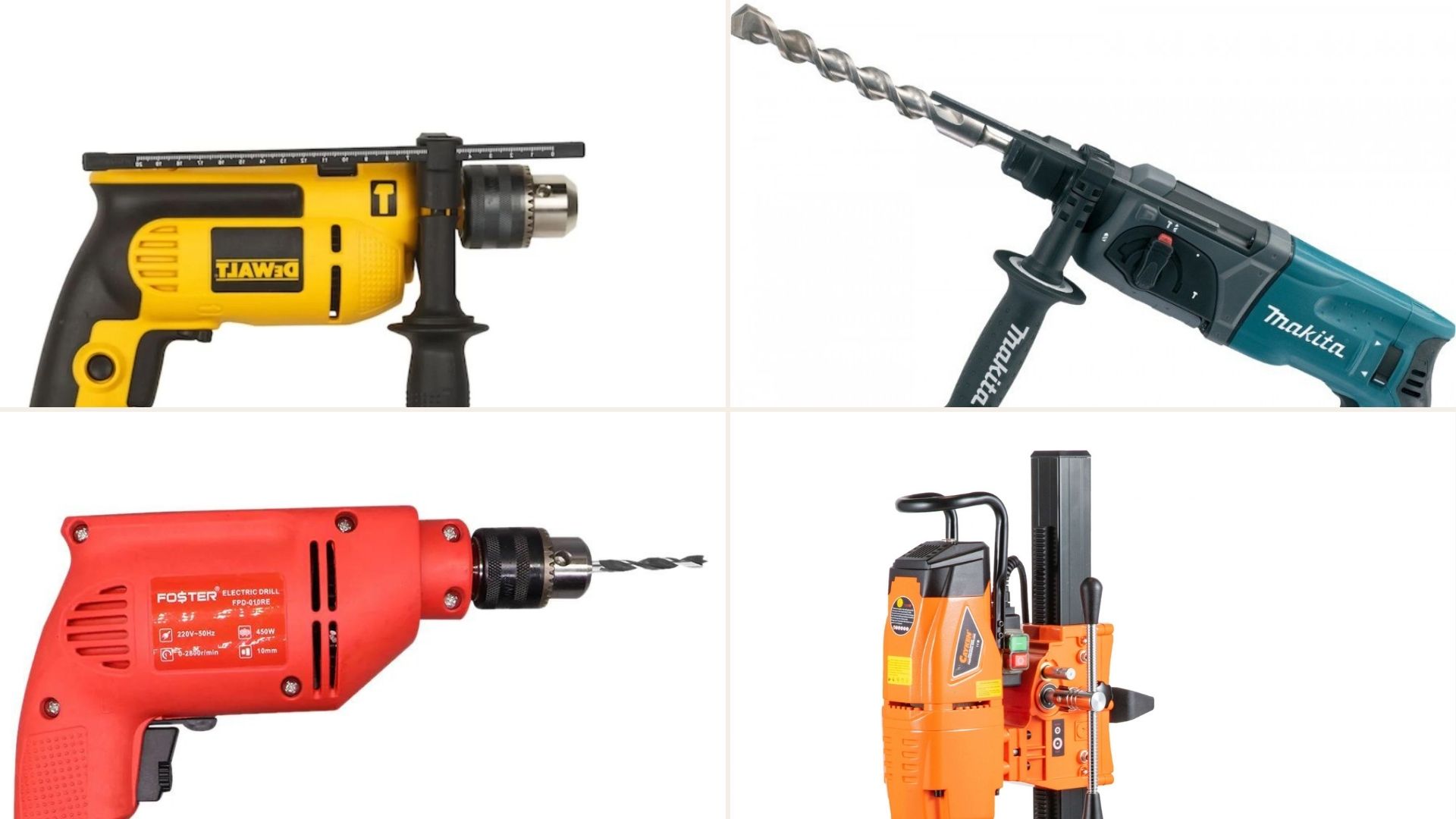
Drills are essential for various tasks, from simple home repairs to complex construction projects.
They come in multiple types, each designed for specific functions, whether you’re drilling into wood, metal, concrete, or other materials.
Understanding the different types of drills can help you choose the right tool for your job, ensuring efficiency and precision.
This blog will explore 40 different types of drills, highlighting their key features and best uses.
Explore Different Types of Drills
1. Cordless Drill
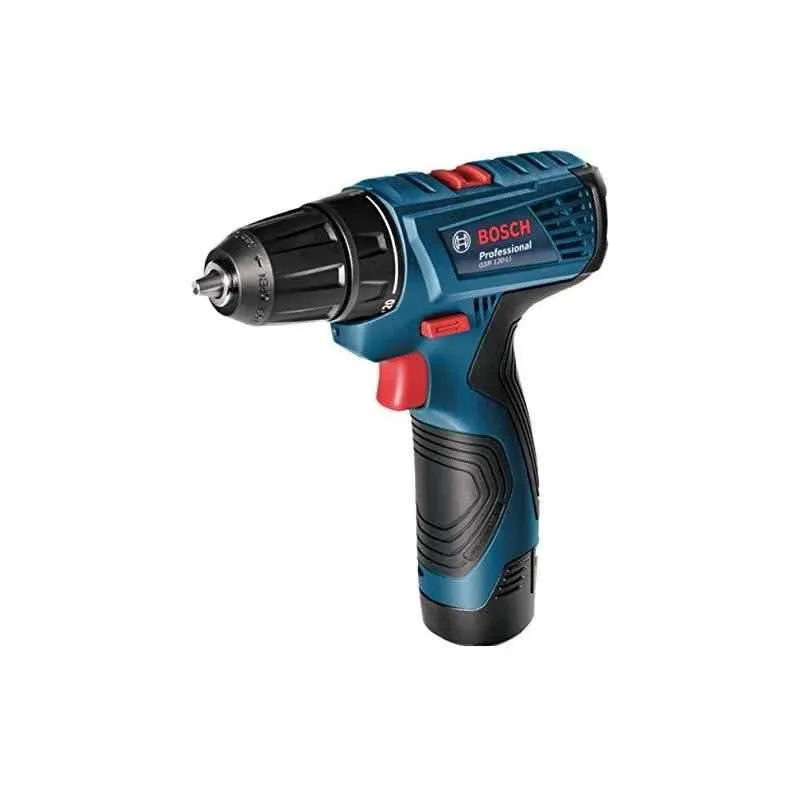
Cordless drills are battery-powered, offering portability and convenience without needing a power outlet.
They are versatile and can be used for various drilling tasks, making them a popular choice for DIY enthusiasts and professionals.
- Power Source: Battery
- Best For: General drilling tasks, portability
- Features: Cord-free, versatile
2. Corded Drill
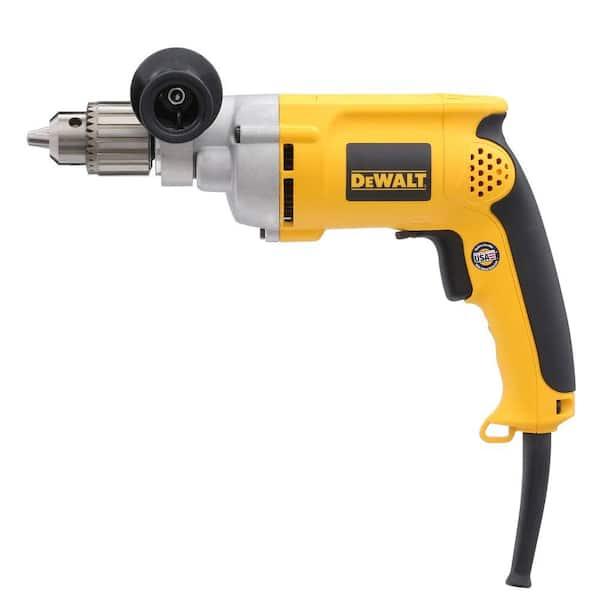
Corded drills are powered by electricity through a power cord, providing consistent power without recharging.
They are ideal for heavy-duty tasks requiring continuous power, such as drilling into hard materials like metal or masonry.
- Power Source: Electric cord
- Best For: Heavy-duty tasks, continuous use
- Features: Consistent power, no recharging needed
3. Hammer Drill
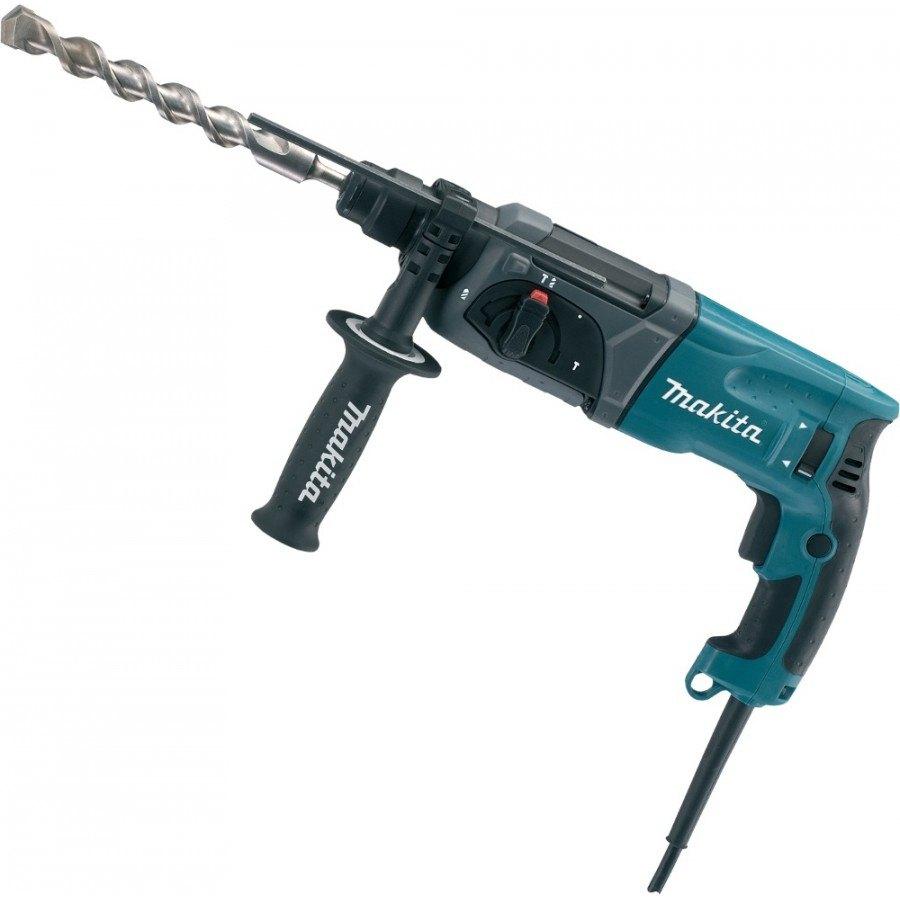
Hammer drills combine rotary drilling with a hammering action, making them ideal for drilling into tough materials like concrete and brick.
The hammering action breaks up the material while the rotary motion drills through it.
- Action: Rotary and hammering
- Best For: Concrete, brick, masonry
- Features: Combines drilling and hammering for tough materials
4. Impact Drill
Impact drills, also known as impact drivers, deliver high torque through a hammering action, making them ideal for driving screws into tough materials.
They are often used in construction and automotive applications.
- Action: High torque with hammering
- Best For: Driving screws, tough materials
- Features: High torque, hammering action
5. Rotary Hammer Drill
Rotary hammer drills are heavy-duty tools that use a piston mechanism to generate a powerful hammering action.
They are ideal for drilling into hard concrete and stone and are commonly used in construction and demolition work.
- Action: Powerful hammering with rotary motion
- Best For: Hard concrete, stone
- Features: Piston mechanism for heavy-duty tasks
6. Right Angle Drill
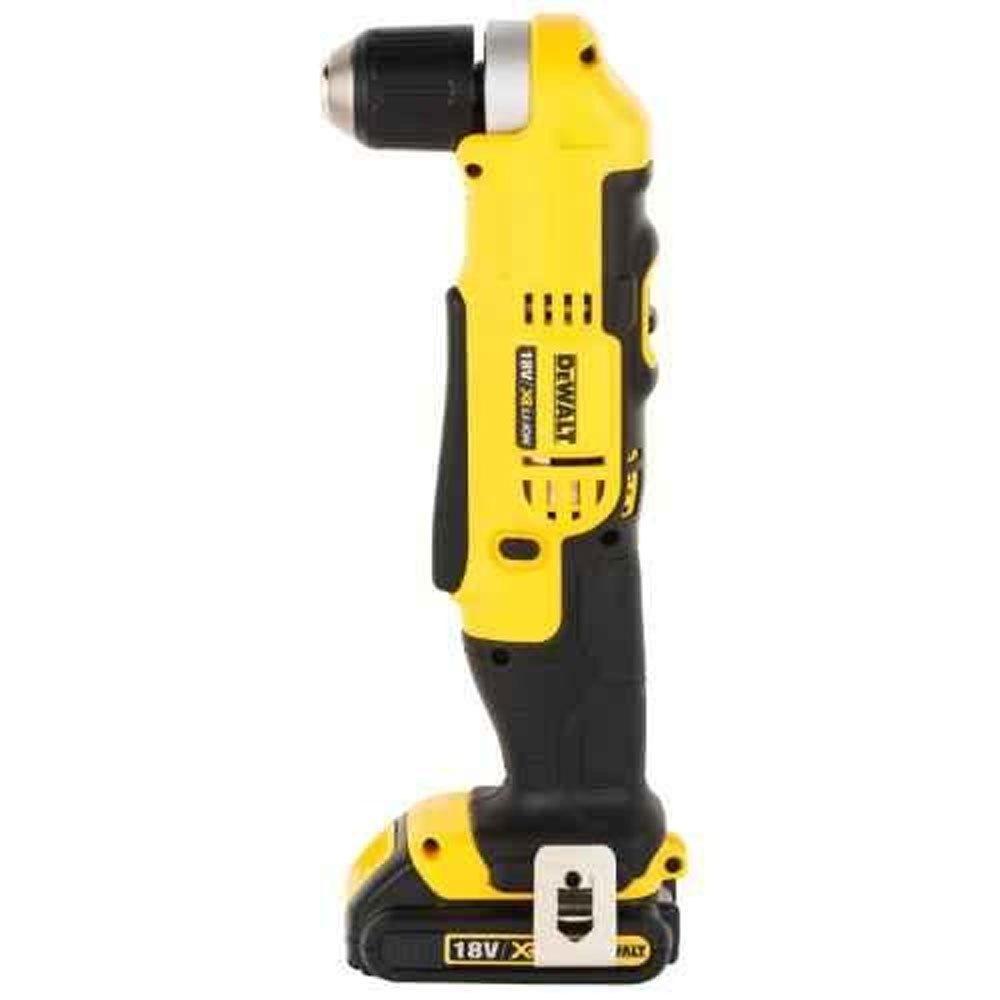
Right-angle drills have a head positioned at a 90-degree angle to the body, allowing them to fit into tight spaces.
They are commonly used in plumbing, electrical work, and other limited-access tasks.
- Head Position: 90-degree angle
- Best For: Tight spaces, confined areas
- Features: Compact design, maneuverability
7. Pneumatic Drill
Pneumatic drills are powered by compressed air, making them lightweight and ideal for industrial and automotive applications.
They are often used for tasks that require a continuous, powerful drilling action.
- Power Source: Compressed air
- Best For: Industrial, automotive applications
- Features: Lightweight, continuous power
8. Bench Drill Press
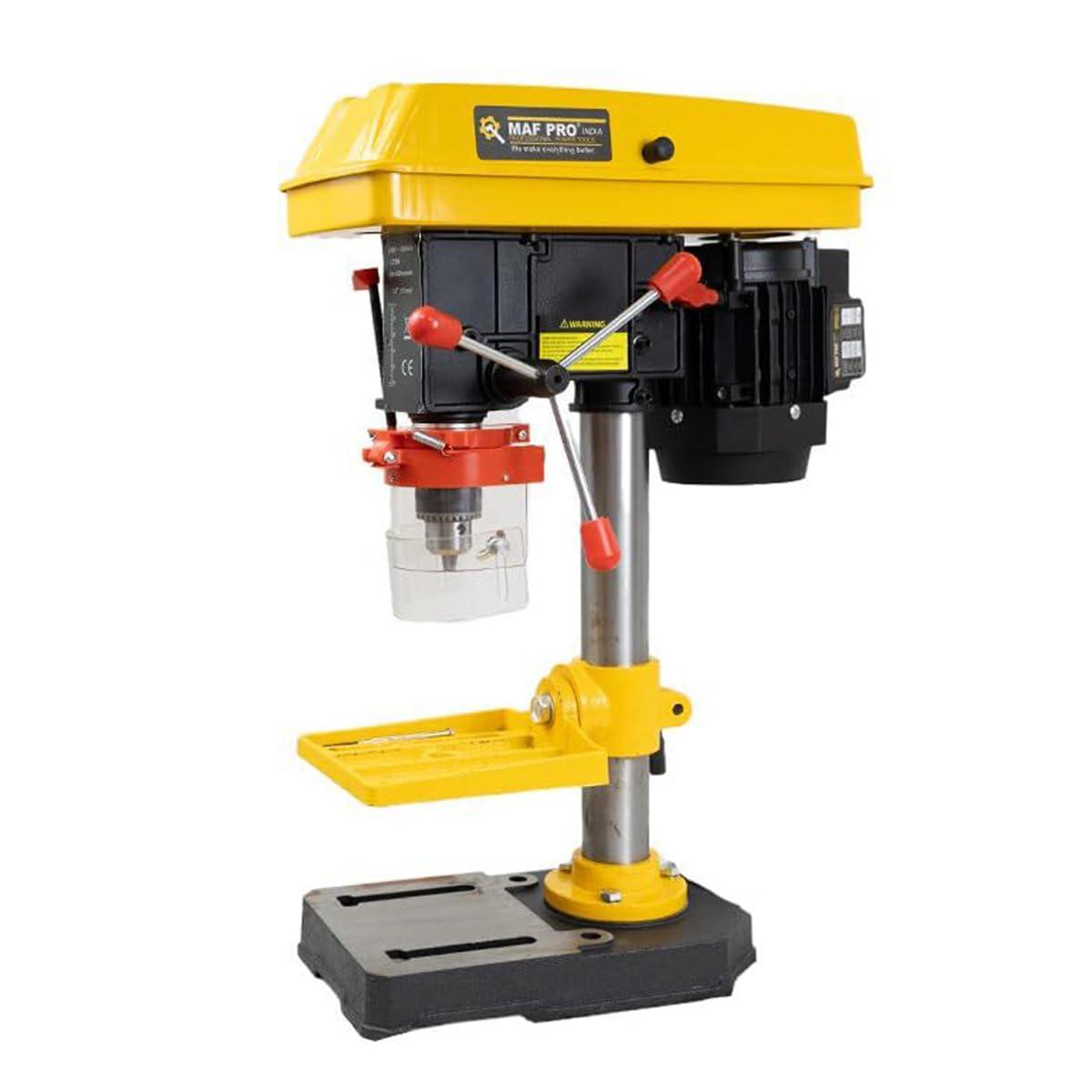
Bench drill presses are stationary drills mounted on a workbench.
They offer precision and control for drilling holes in metal, wood, and other materials.
They are ideal for repetitive drilling tasks and precise hole placement.
- Mounting: Workbench
- Best For: Precision drilling, repetitive tasks
- Features: Stationary, precise
9. Handheld Drill
Handheld drills are versatile, portable drills that can be used for various tasks, from drilling holes to driving screws. They are available in both corded and cordless versions and are a staple in any toolbox.
- Type: Portable
- Best For: General drilling, driving screws
- Features: Versatile, available in corded and cordless
10. Magnetic Drill
Magnetic drills are designed to drill through metal and feature a magnetic base that securely holds the drill on the work surface.
They are commonly used in industrial and construction settings for drilling into steel and iron.
- Base: Magnetic
- Best For: Metal drilling, industrial use
- Features: Secure hold, drills through steel and iron
11. Combination Drill
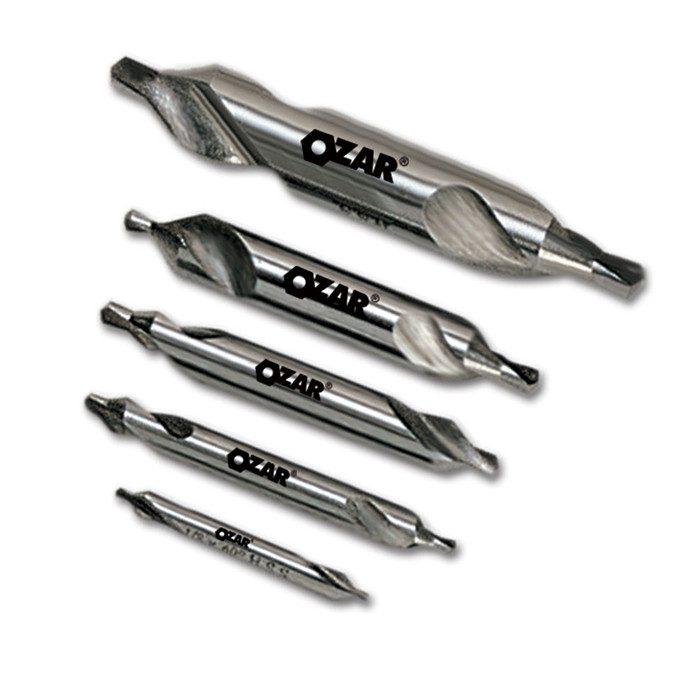
Combination drills offer multiple functions in one tool, such as drilling, hammering, and driving.
They are versatile tools that can be used for various tasks, making them ideal for those who need a multi-purpose tool.
- Function: Multi-purpose
- Best For: Versatile tasks
- Features: Combines drilling, hammering, driving
12. SDS Drill
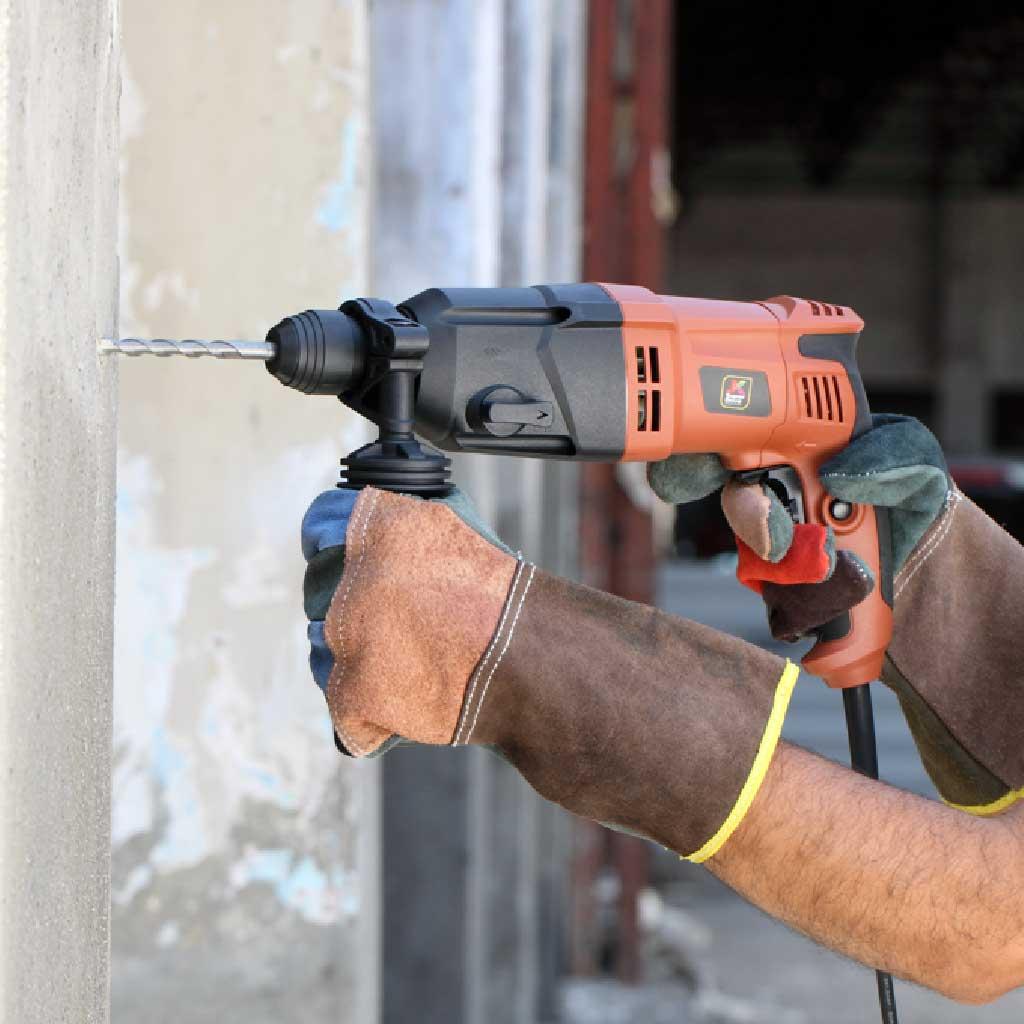
SDS drills (Special Direct System) use a unique chuck system that allows for quick and easy bit changes.
They are known for their durability and are commonly used in heavy-duty drilling tasks, particularly concrete and masonry.
- System: Special Direct System (SDS)
- Best For: Heavy-duty drilling, concrete
- Features: Quick bit changes, durable
13. Masonry Drill
Masonry drills are designed for drilling into hard materials like brick, stone, and concrete.
They typically have a carbide tip to withstand the heat and friction generated during drilling.
- Material: Carbide tip
- Best For: Brick, stone, concrete
- Features: Designed for hard materials, durable tip
14. Tile Drill
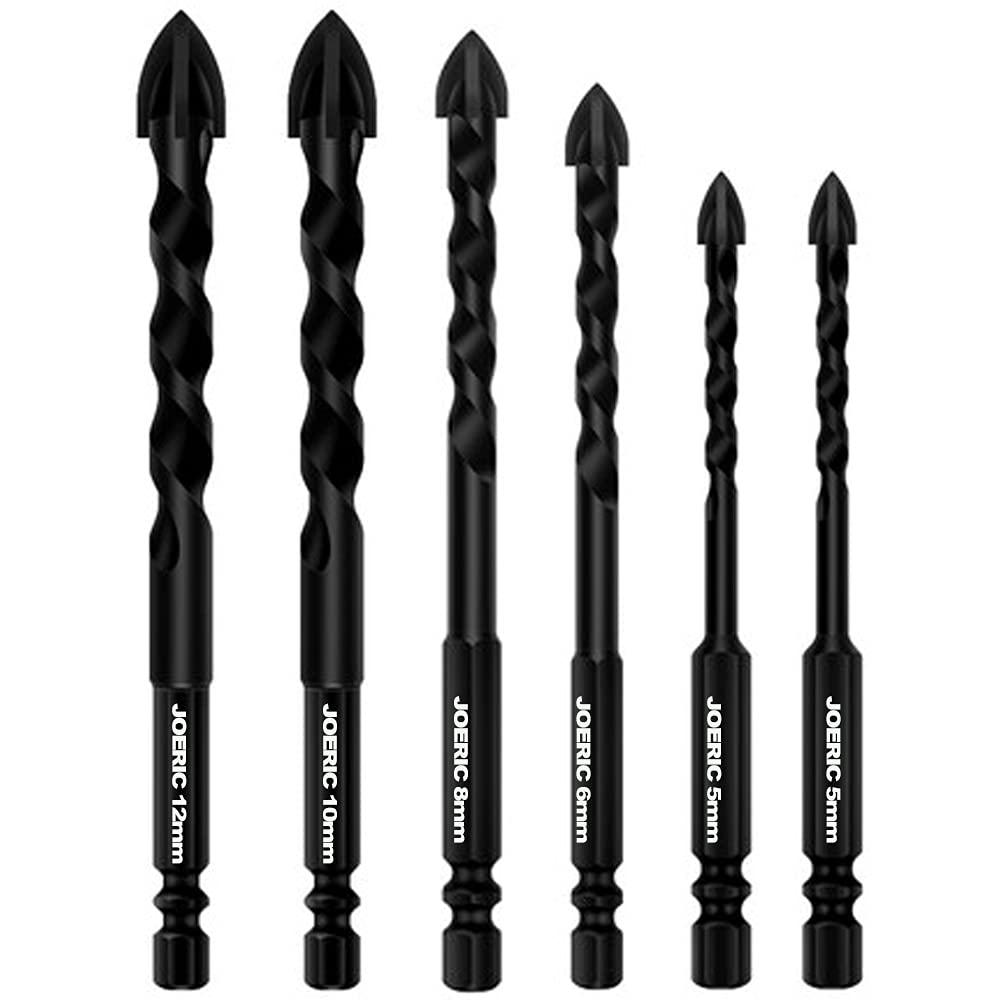
Tile drills are designed for drilling through ceramic and porcelain tiles without cracking or damaging them.
They often feature diamond or carbide tips that provide clean, precise holes in fragile materials.
- Material: Diamond or carbide tip
- Best For: Ceramic, porcelain tiles
- Features: Prevents cracking, clean holes
15. Auger Drill
Auger drills are used for boring large holes in wood, soil, and ice.
Their spiral design helps remove material as the bit drills do, making them ideal for tasks like installing fence posts or planting trees.
- Design: Spiral
- Best For: Wood, soil, ice
- Features: Large holes, removes material efficiently
16. Twist Drill
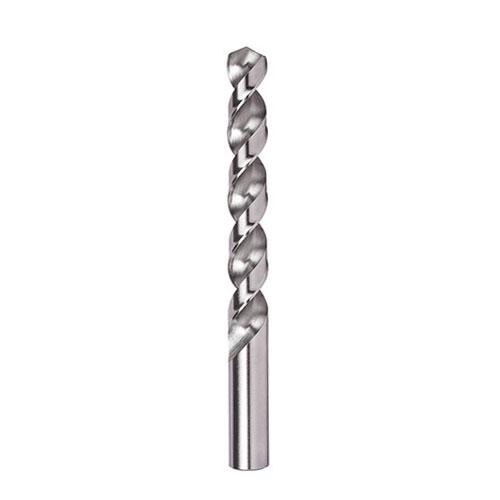
Twist drills are the most common type of drill bit. They are cylindrical and have a helical groove that cuts into the material.
They are used for general-purpose drilling in wood, metal, and plastic.
- Design: Helical groove
- Best For: General-purpose drilling
- Features: Common, versatile
17. Countersink Drill
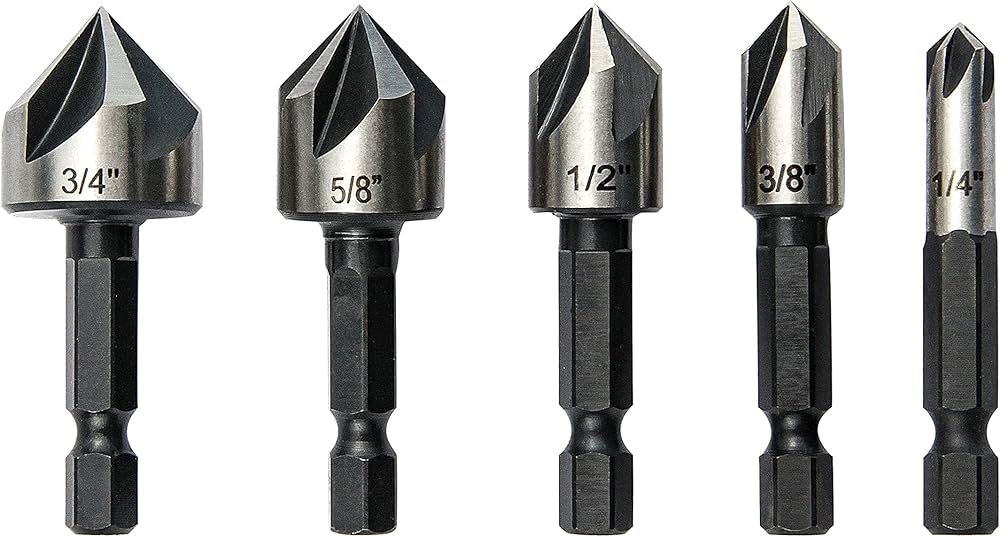
Countersink drills are used to create a conical hole that allows a screw to sit flush with or below the surface of the material.
They are commonly used in woodworking and metalworking to create clean, finished holes.
- Purpose: Conical hole for screws
- Best For: Woodworking, metalworking
- Features: Allows screws to sit flush
18. Step Drill
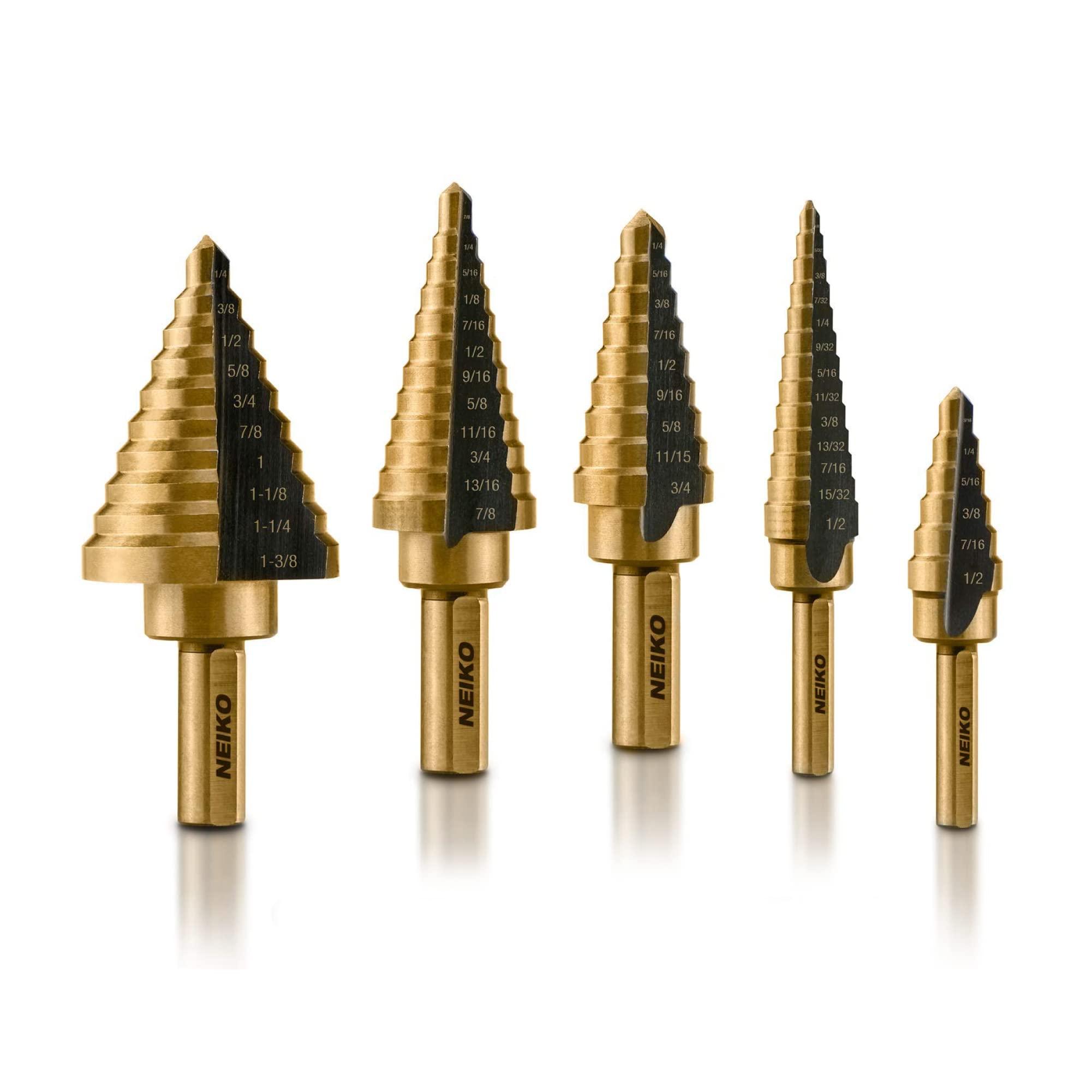
Step drills are cone-shaped bits that can drill holes of various sizes without changing the bit.
They are ideal for drilling through thin materials like sheet metal, plastic, and laminate.
- Design: Cone-shaped
- Best For: Thin materials, sheet metal
- Features: Multiple hole sizes, no bit change needed
19. Spade Drill
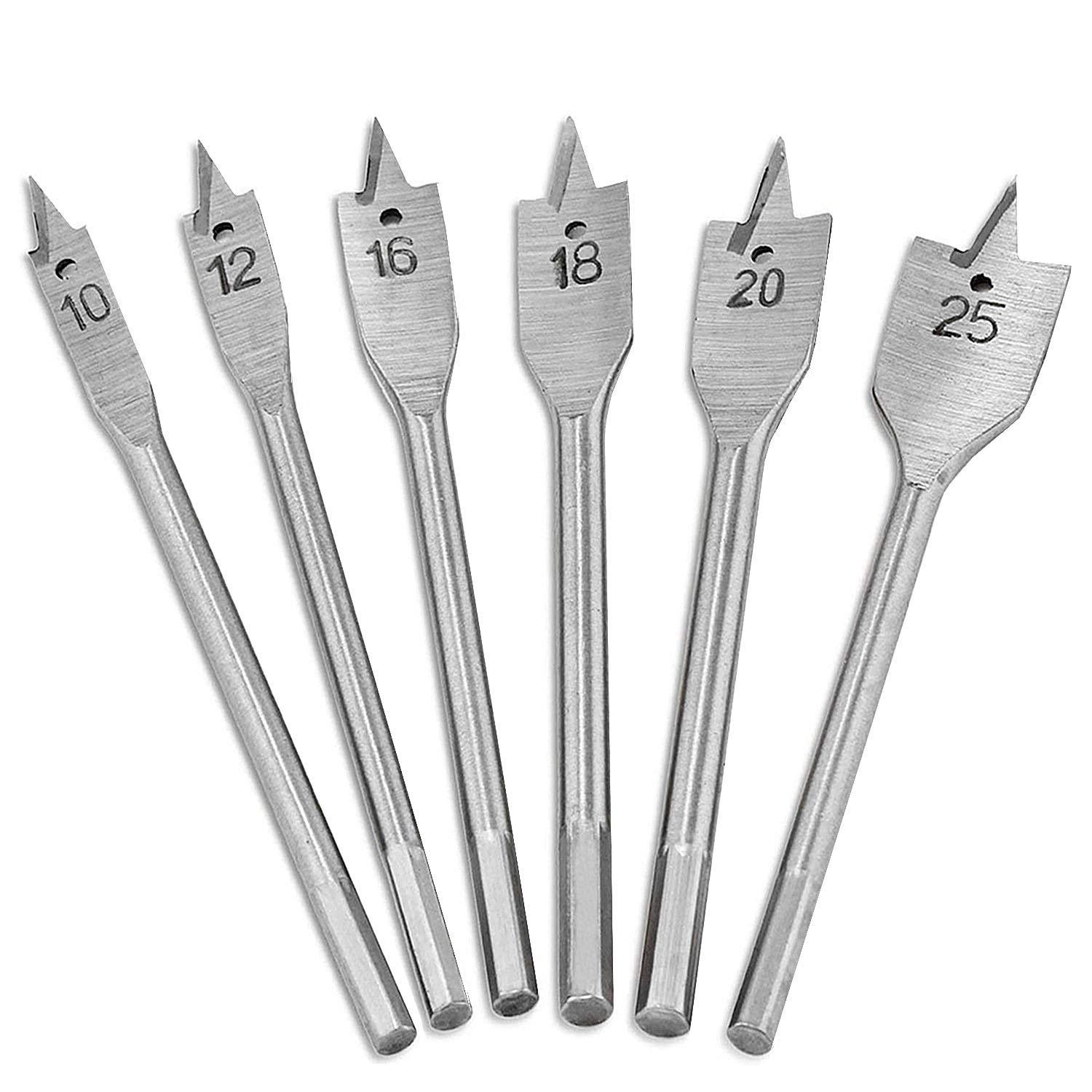
Spade drills, also known as paddle bits, have a flat, spade-shaped tip and are used for drilling large holes in wood.
They are commonly used in woodworking projects where wide holes are needed.
- Design: Spade-shaped tip
- Best For: Woodworking, large holes
- Features: Flat, wide drilling
20. Forstner Drill
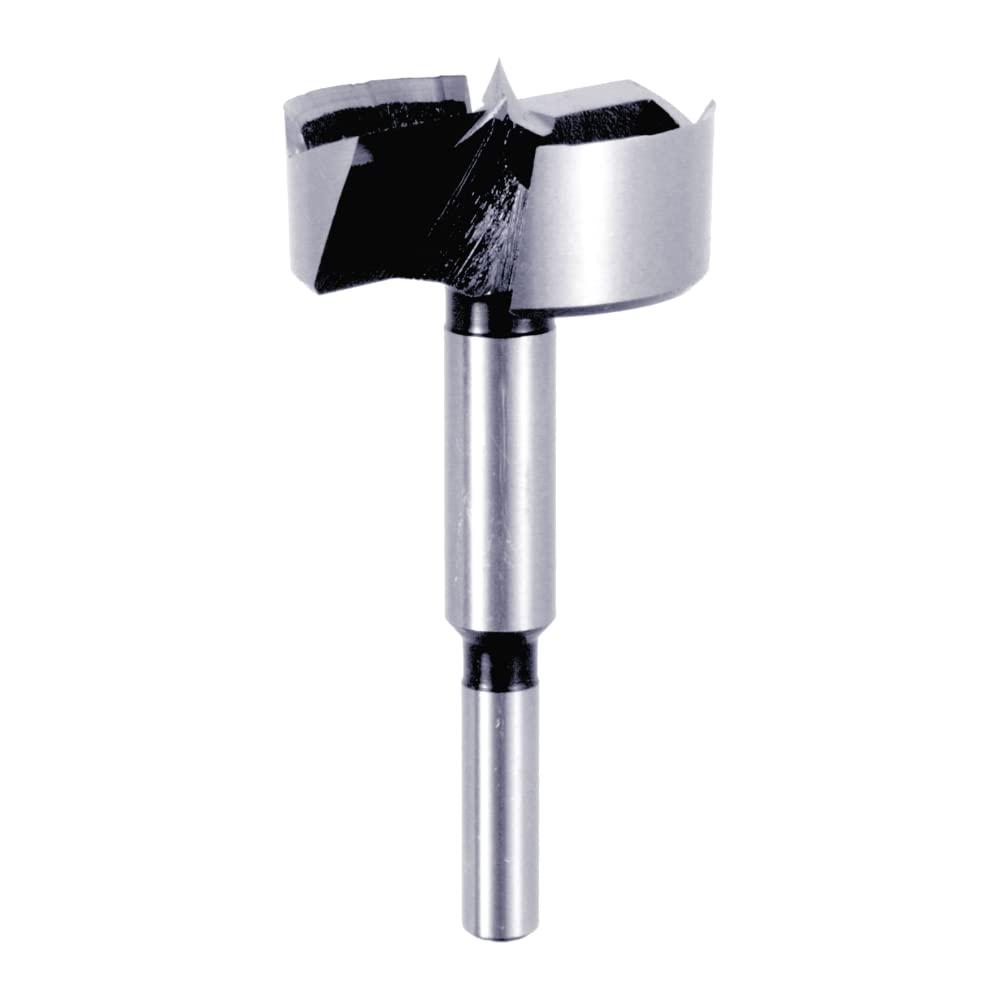
Forstner drills create flat-bottomed holes. They are used in woodworking for tasks like making dowel joints or hinge mortises.
They provide clean, precise holes with smooth edges.
- Design: Flat-bottomed holes
- Best For: Woodworking, dowel joints
- Features: Clean, precise holes
21. Pocket Hole Drill
Pocket hole drills are used in woodworking to create angled holes for screws, allowing for strong, hidden joints.
They are commonly used in furniture making and cabinetry.
- Purpose: Angled holes for hidden joints
- Best For: Furniture making, cabinetry
- Features: Strong, hidden joints
22. Power Screwdriver
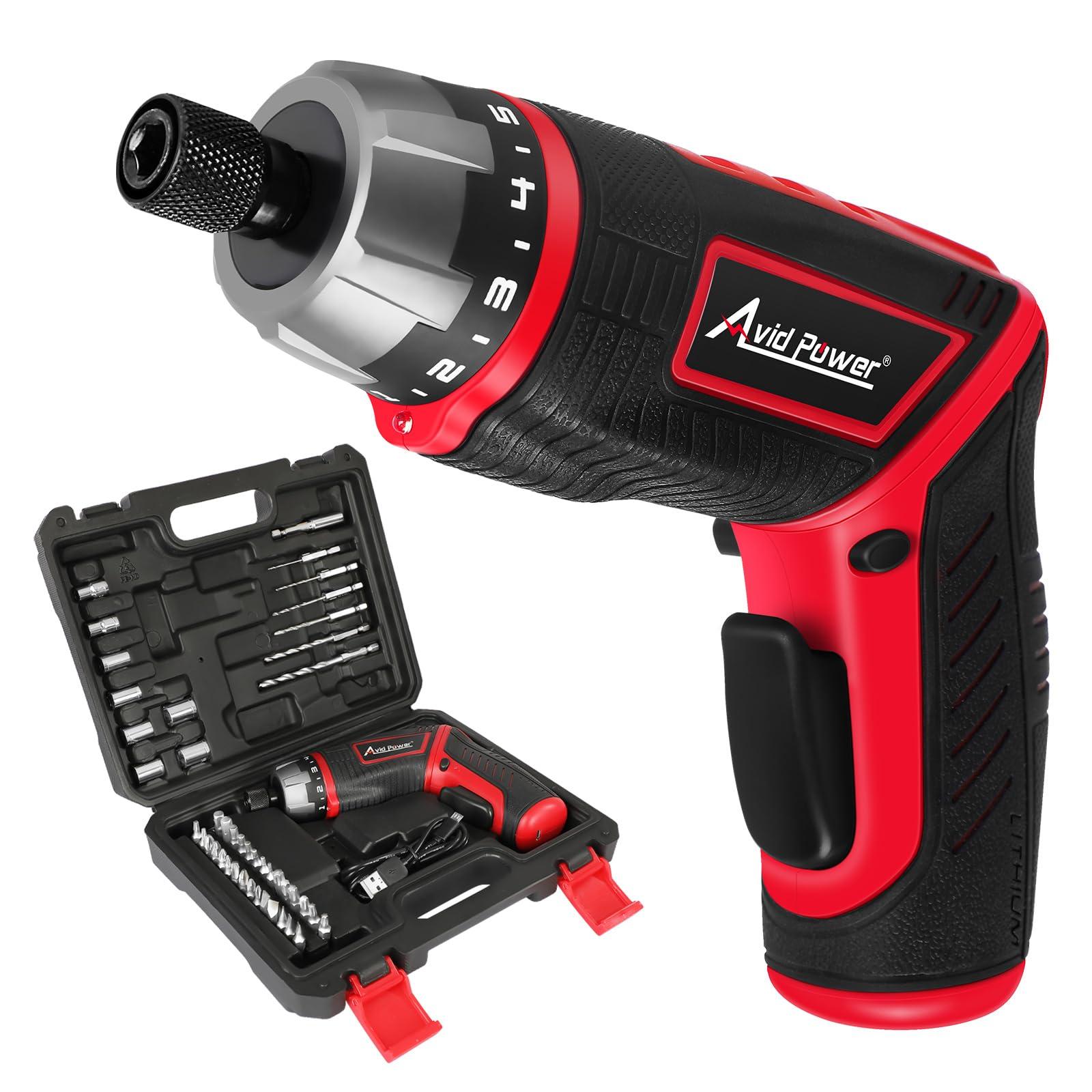
Power screwdrivers are designed specifically for driving screws quickly and efficiently.
They are lightweight and often feature variable speed settings, making them ideal for repetitive tasks.
- Purpose: Driving screws
- Best For: Repetitive tasks, screwdriving
- Features: Lightweight, variable speed
23. Impact Driver
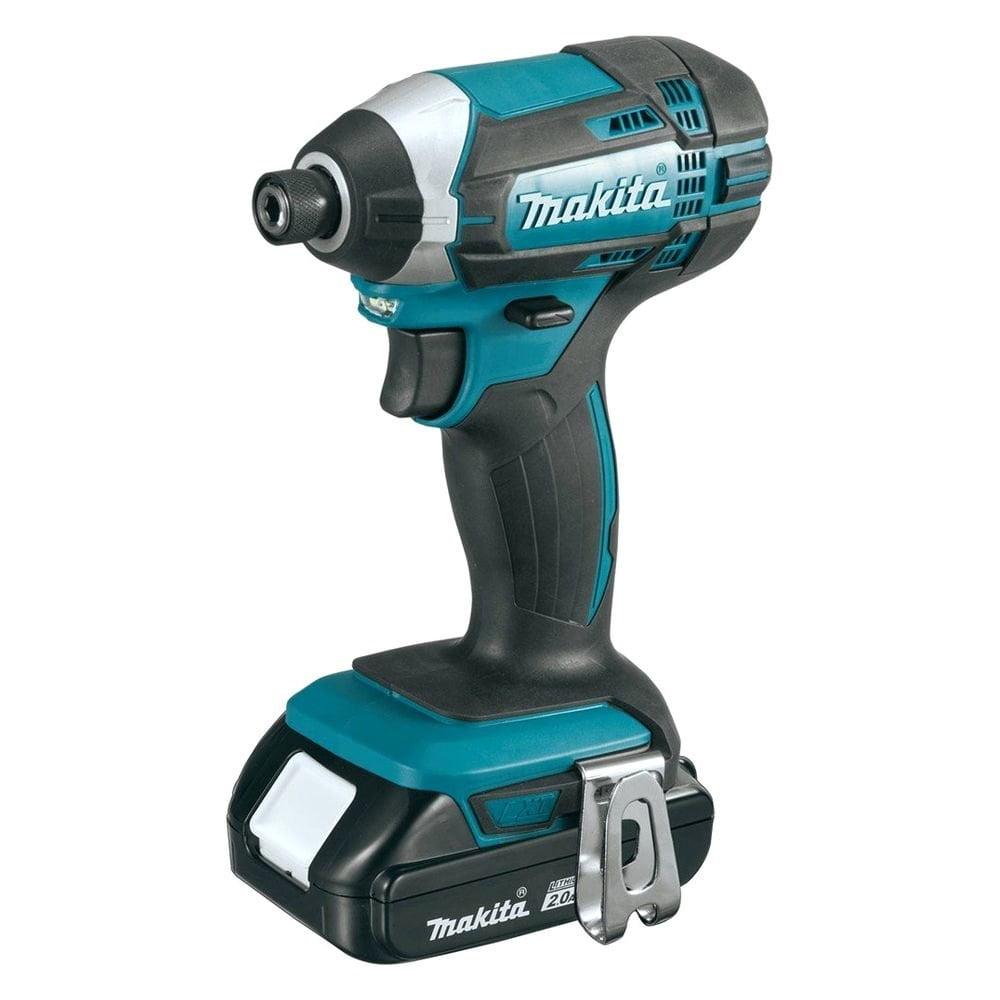
Impact drivers are similar to impact drills but are designed primarily for driving screws and bolts.
They deliver high torque through short bursts of force, making them ideal for tough, heavy-duty fastening tasks.
- Purpose: Driving screws and bolts
- Best For: Heavy-duty fastening
- Features: High torque, burst of force
24. Mini Drill
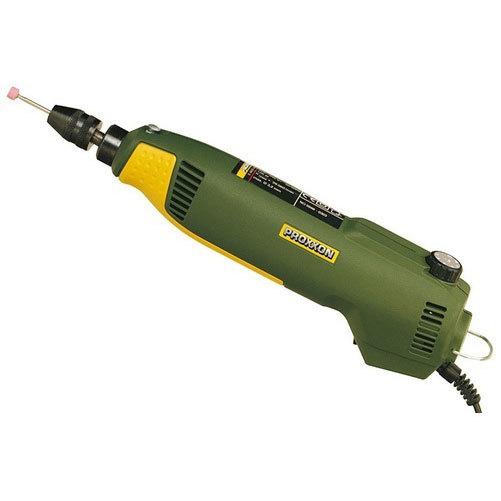
Mini drills are small, portable drills used for precision work in tight spaces.
They are ideal for tasks like jewelry making, electronics repair, and model building.
- Size: Small, portable
- Best For: Precision work, tight spaces
- Features: Compact, precise
25. Breast Drill
Breast drills are manually operated drills with a pad that rests against the user’s chest, providing extra force for drilling through tough materials.
They are often used in metalworking and woodworking.
- Operation: Manual, chest pad
- Best For: Tough materials, manual drilling
- Features: Extra force, manual control
26. Pillar Drill
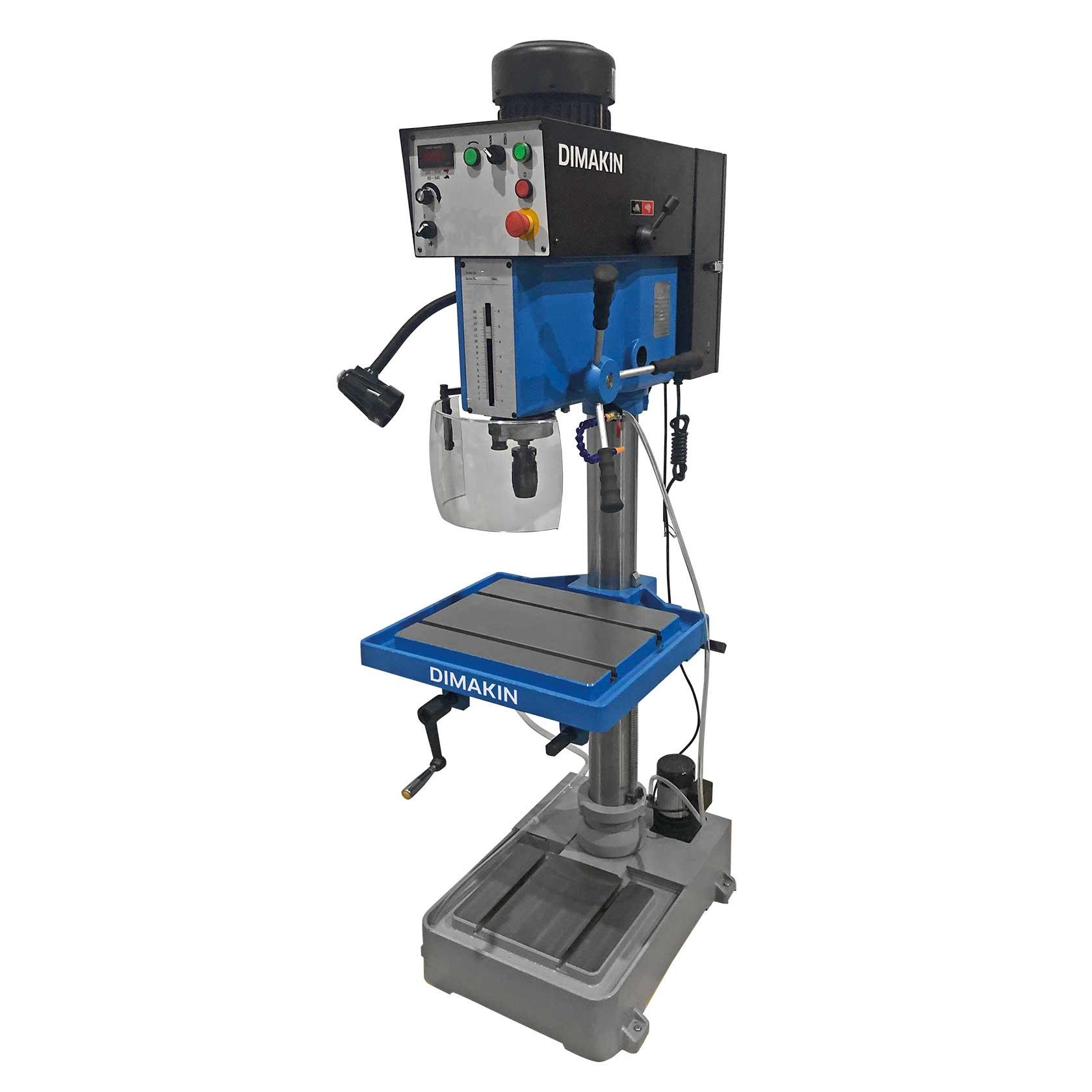
Pillar drills, also known as floor drill presses, are larger versions of bench drill presses, offering greater power and precision.
They are used in workshops for drilling accurate, vertical holes in metal, wood, and plastic.
- Mounting: Floor-standing
- Best For: Workshop use, precise drilling
- Features: Powerful, accurate
27. Vacuum Drill
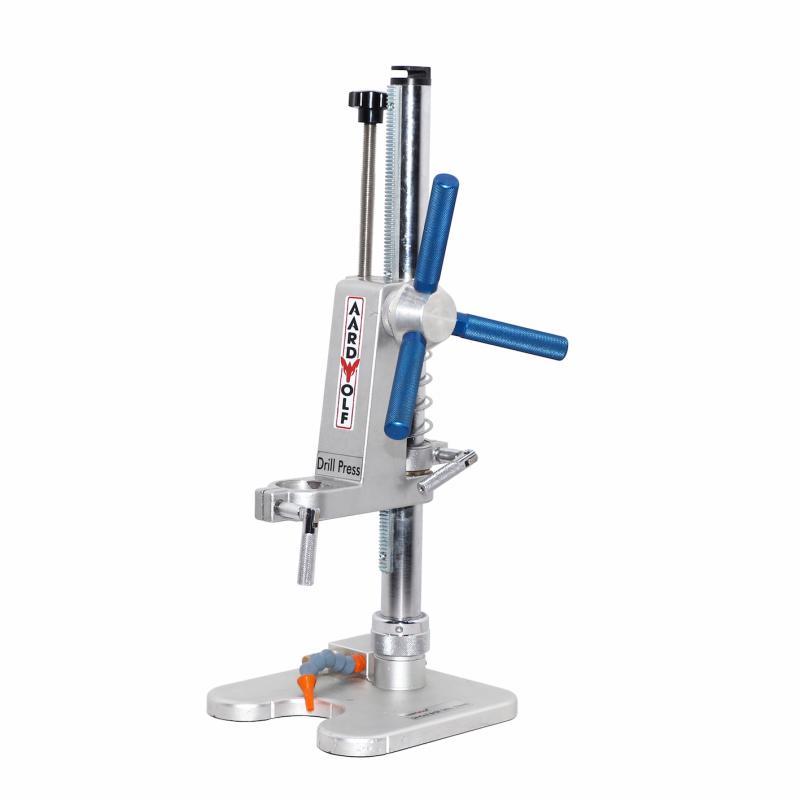
Vacuum drills are designed for dust-free drilling in materials like concrete and drywall.
They feature an integrated vacuum system that removes dust and debris as the hole is drilled.
- Purpose: Dust-free drilling
- Best For: Concrete, drywall
- Features: Integrated vacuum system, clean drilling
28. Electric Drill
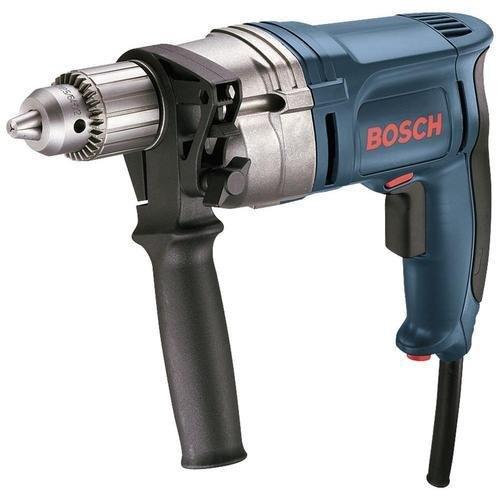
Electric drills are versatile tools powered by electricity.
They are available in both corded and cordless versions and are used for a wide range of drilling tasks in wood, metal, and plastic.
- Power Source: Electric
- Best For: General-purpose drilling
- Features: Versatile, available in corded/cordless
29. Air Drill
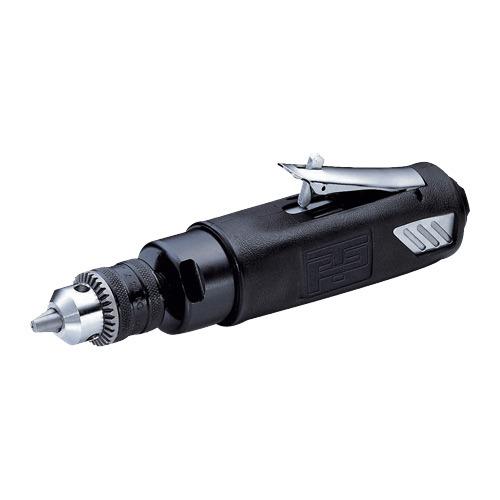
Air drills are pneumatic tools powered by compressed air.
They offer a lightweight and powerful option for drilling tasks and are commonly used in automotive and industrial applications.
- Power Source: Compressed air
- Best For: Automotive, industrial use
- Features: Lightweight, powerful
30. Variable Speed Drill
Variable-speed drills allow the user to adjust the drilling speed, providing greater control over different materials and tasks.
They are versatile tools used in a wide range of applications.
- Speed Control: Adjustable
- Best For: Versatile tasks, different materials
- Features: Greater control, versatile
31. Magnetic Base Drill
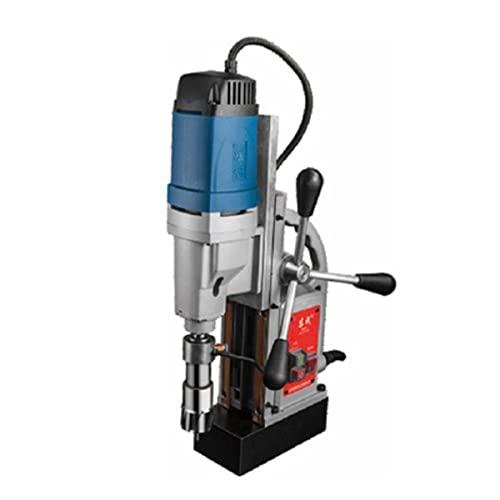
Magnetic base drills feature a strong magnet that anchors the drill to the metal surface, providing stability and precision for drilling large holes in steel and iron.
- Base: Magnetic
- Best For: Steel, iron drilling
- Features: Stability, precision
32. Diamond Core Drill
Diamond core drills are used for drilling large holes in hard materials like concrete, stone, and tile.
They feature a diamond-tipped bit that cuts through tough surfaces with precision.
- Tip: Diamond-tipped
- Best For: Concrete, stone, tile
- Features: Precise, cuts through hard materials
33. VSR Drill
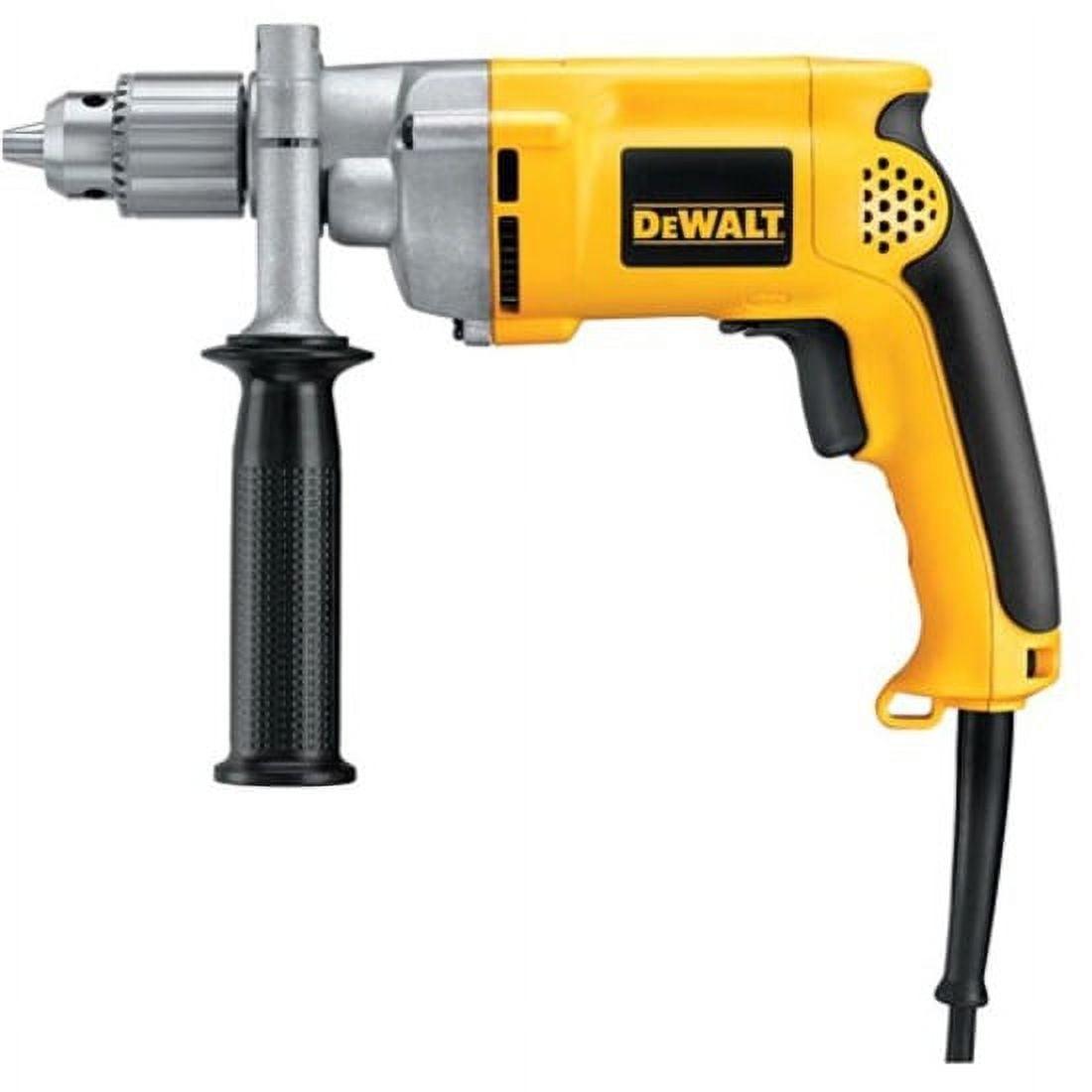
VSR (Variable Speed Reversible) drills offer variable speed and reverse capabilities, providing flexibility for drilling and screwdriving tasks.
They are ideal for versatile applications where control and direction changes are needed.
- Features: Variable speed, reversible
- Best For: Versatile applications, screwdriving
- Features: Flexibility, control
34. Push Drill
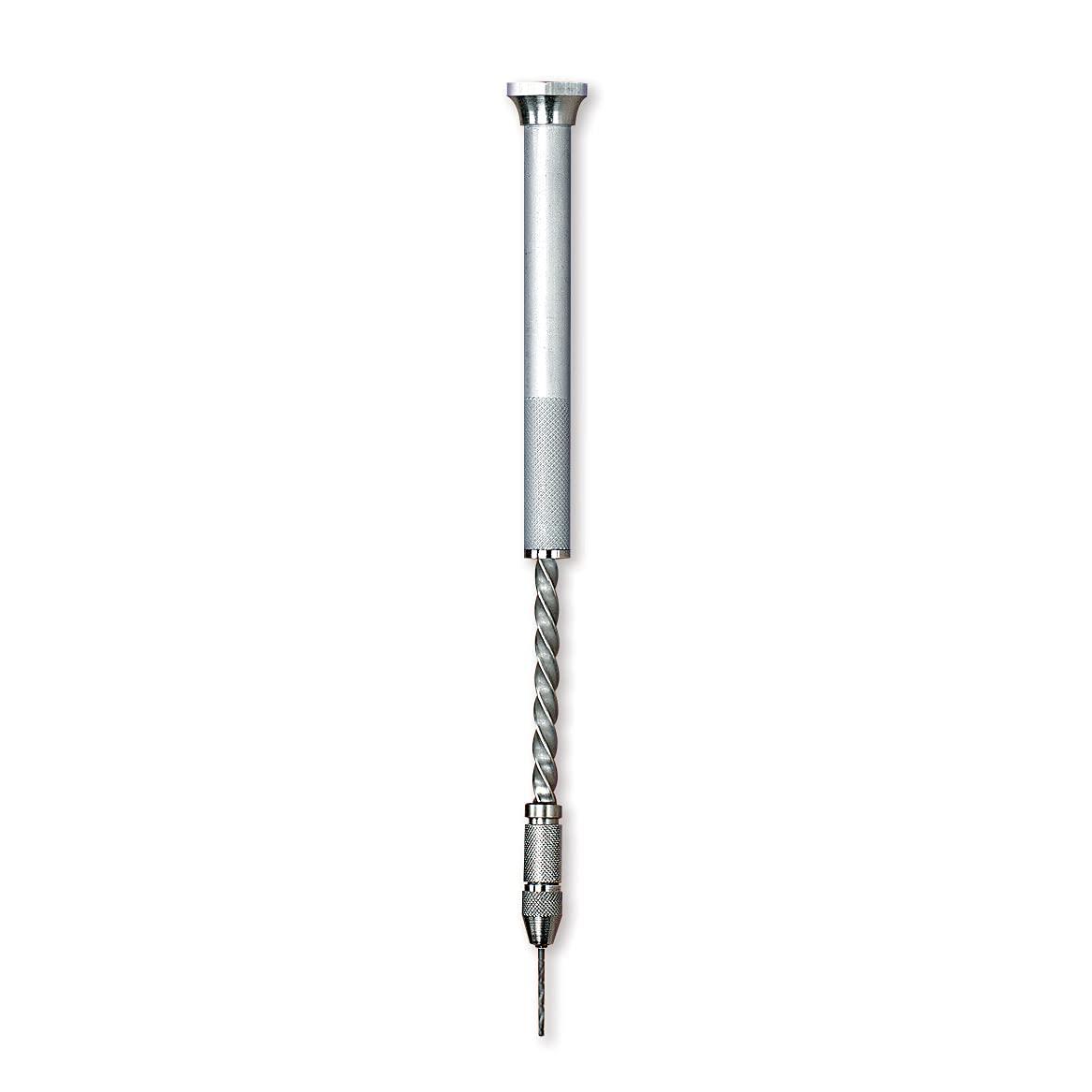
Push drills, also known as spiral push drills, are manually operated tools where pushing the handle spins the drill bit.
They are used for precision drilling in small projects like jewelry making or model building.
- Operation: Manual, push mechanism
- Best For: Precision drilling, small projects
- Features: Compact, precise
35. High-Speed Drill
High-speed drills operate at higher RPMs, allowing faster drilling in soft materials like wood and plastic.
They are ideal for tasks requiring quick, clean holes.
- Speed: High RPMs
- Best For: Soft materials, quick drilling
- Features: Fast, clean holes
36. Oil Driller
Oil drillers are specialized drills used in the petroleum industry to bore deep holes into the earth’s surface for oil extraction.
They are massive industrial tools designed for heavy-duty drilling.
- Purpose: Oil extraction
- Best For: Petroleum industry
- Features: Heavy-duty, deep drilling
37. Carbide Drill
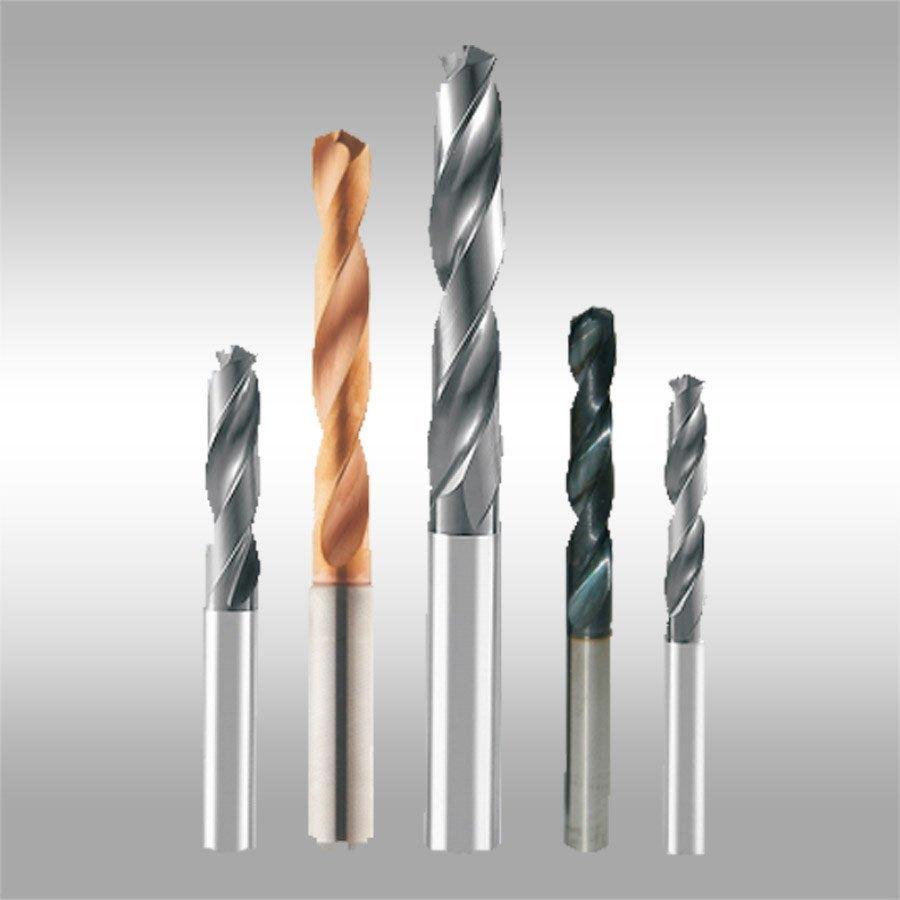
Carbide drills feature bits made from carbide, a very hard material that can drill through tough metals like stainless steel.
They are used in industrial and manufacturing settings for precision drilling.
- Material: Carbide
- Best For: Tough metals, industrial use
- Features: Extremely hard, durable
38. Cobalt Drill
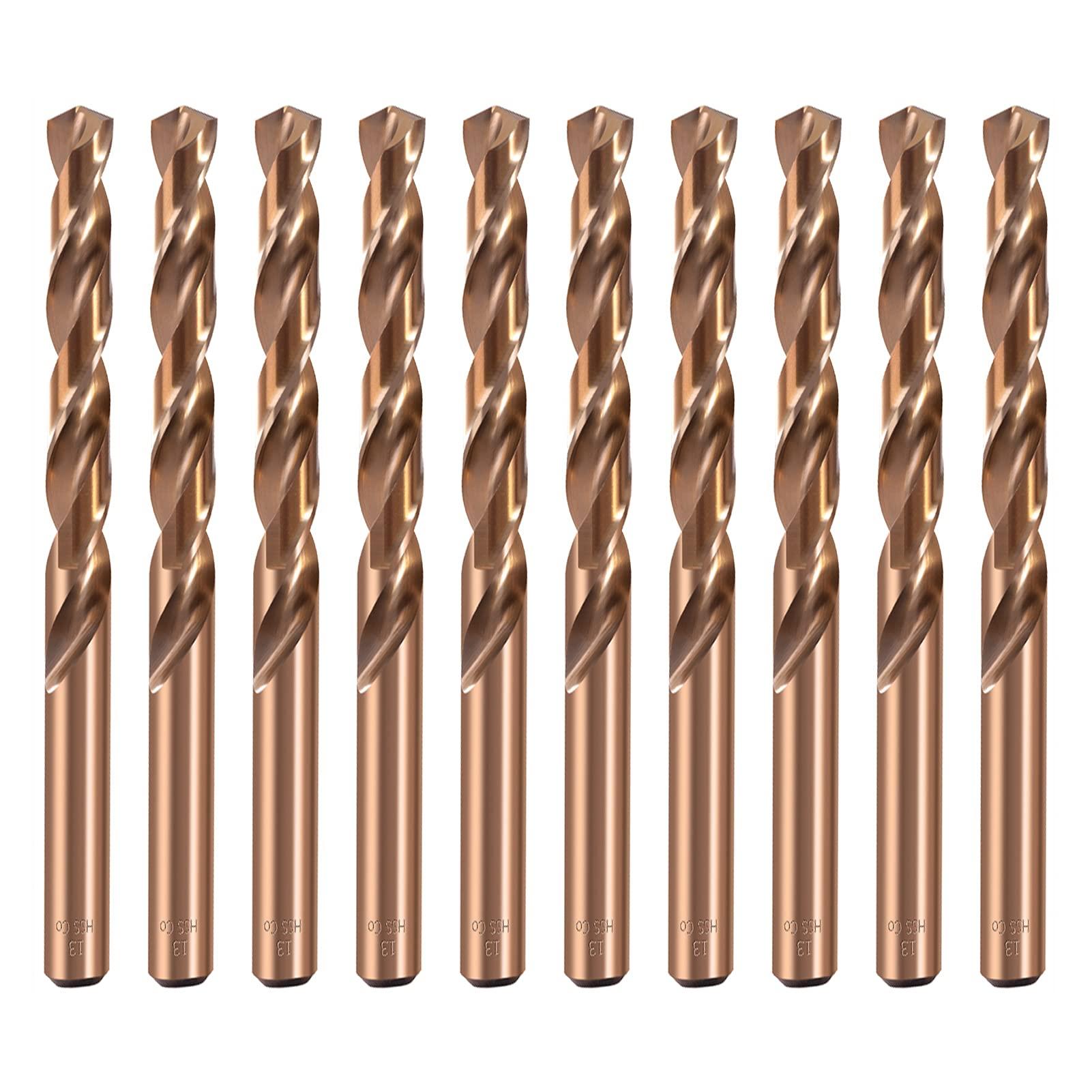
Cobalt drills are made from cobalt alloy, which allows them to retain hardness at high temperatures.
They are ideal for drilling through hard materials like stainless steel and cast iron.
- Material: Cobalt alloy
- Best For: Hard materials, high temperatures
- Features: Heat-resistant, durable
39. Titanium Drill
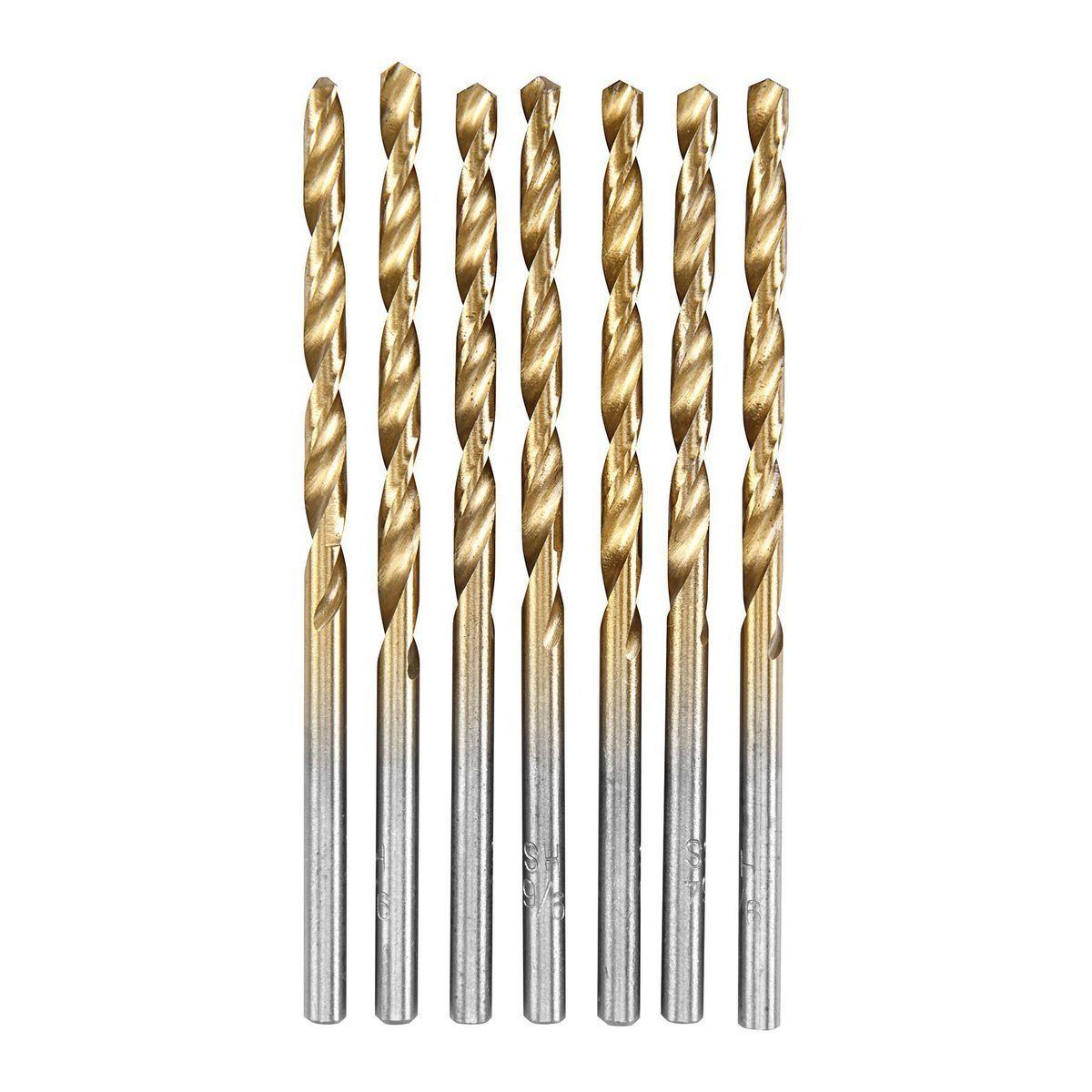
Titanium drills have bits coated with titanium nitride, which increases their hardness and reduces friction.
They are used for drilling into metal, wood, and plastic and have a longer lifespan than regular steel bits.
- Coating: Titanium nitride
- Best For: Metal, wood, plastic
- Features: Hard, long-lasting
40. Laser Drill
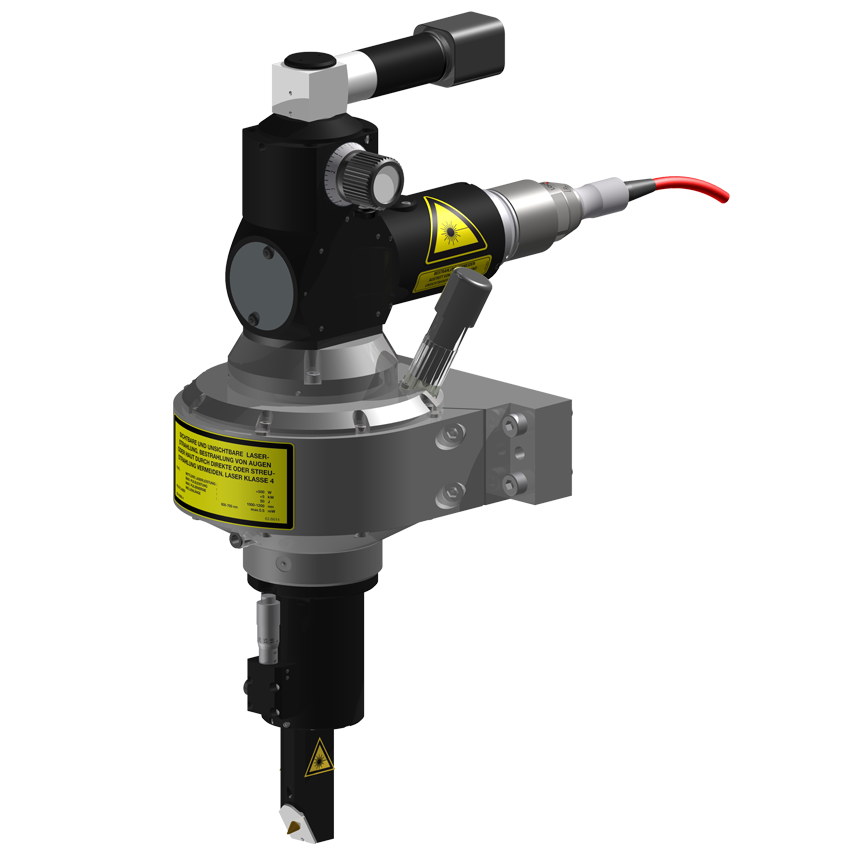
Laser drills use a high-powered laser beam to drill precise holes in various materials, including metals, ceramics, and composites.
They are used in advanced manufacturing, electronics, and medical applications.
- Tool: Laser beam
- Best For: Precision drilling, advanced applications
- Features: High precision, no contact drilling
Conclusion
Drills are versatile tools with a wide range of applications, from simple DIY projects to complex industrial tasks.
Whether you need a drill for woodworking, metalworking, or specialized tasks like oil drilling or laser drilling, understanding the different types of drills can help you choose the right tool.
By selecting the appropriate drill, you can ensure efficiency, precision, and project success.

